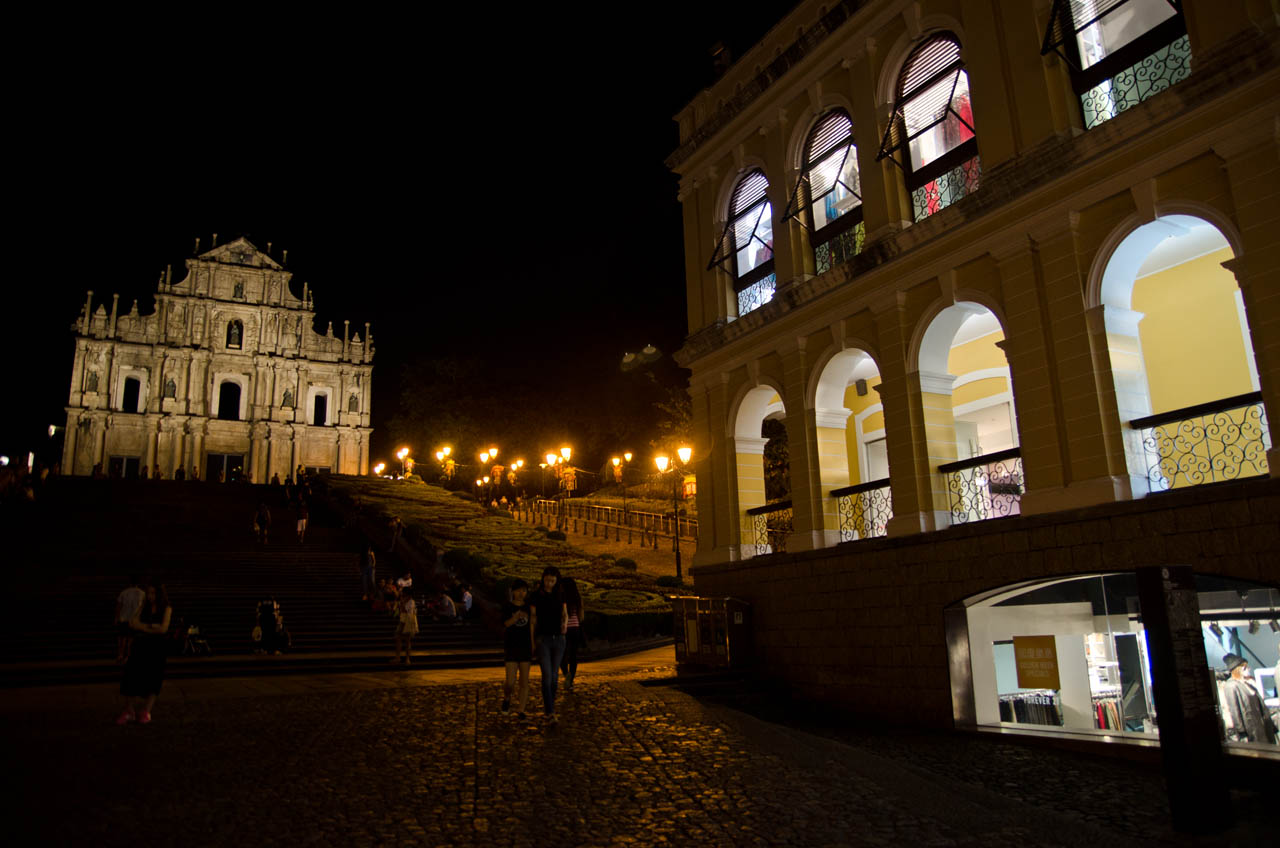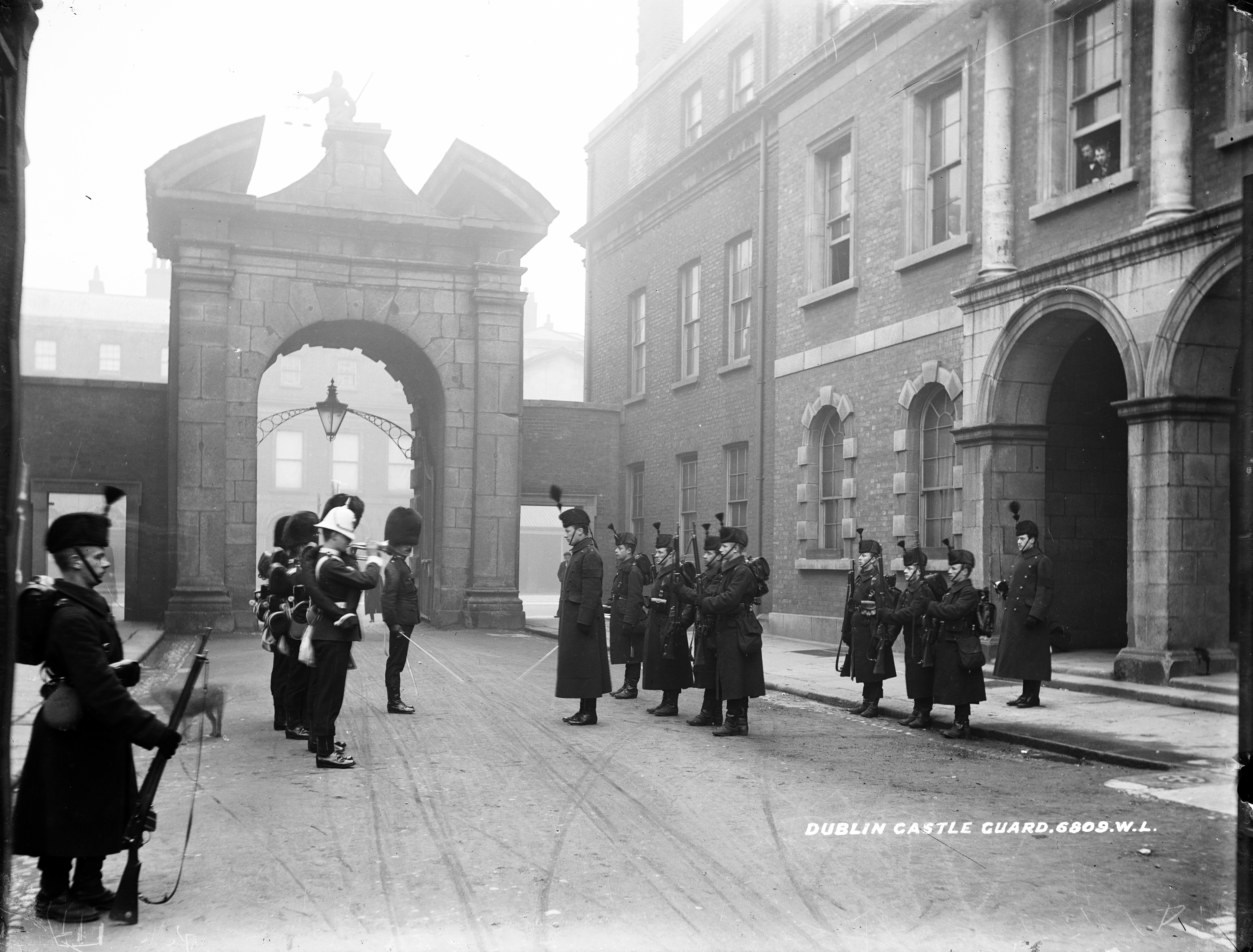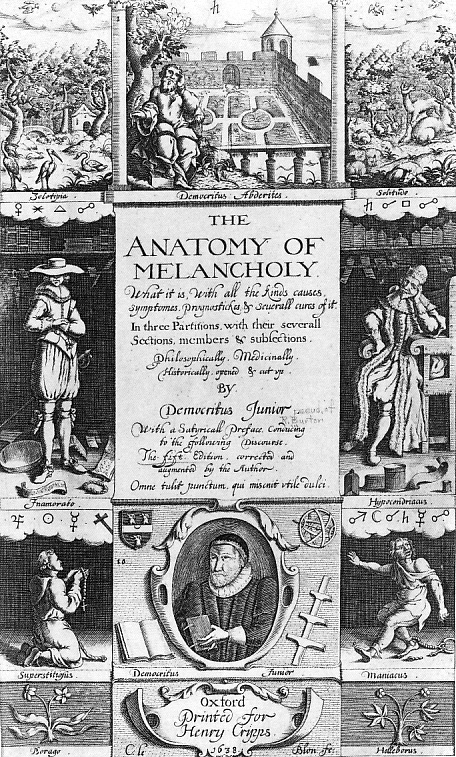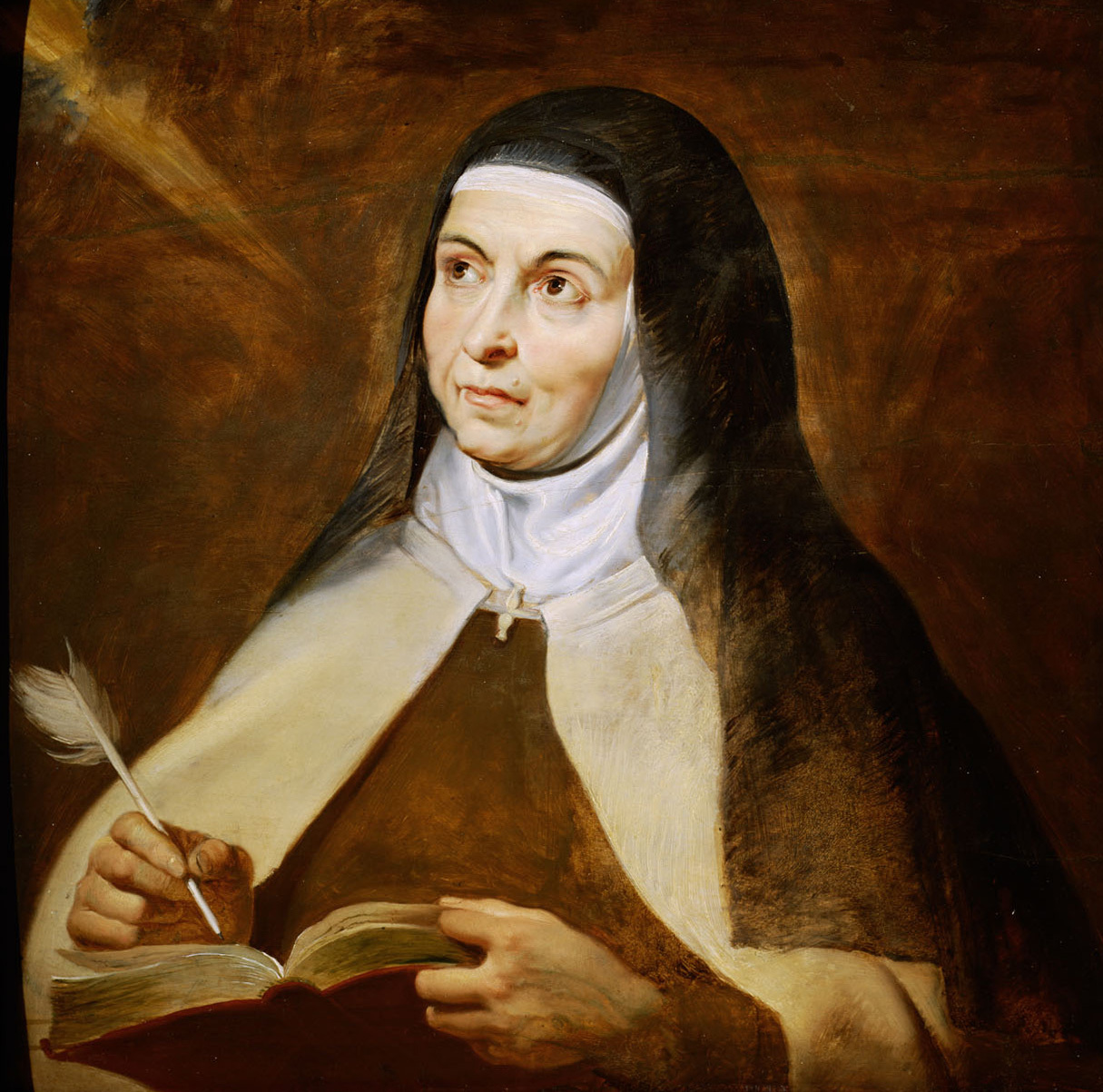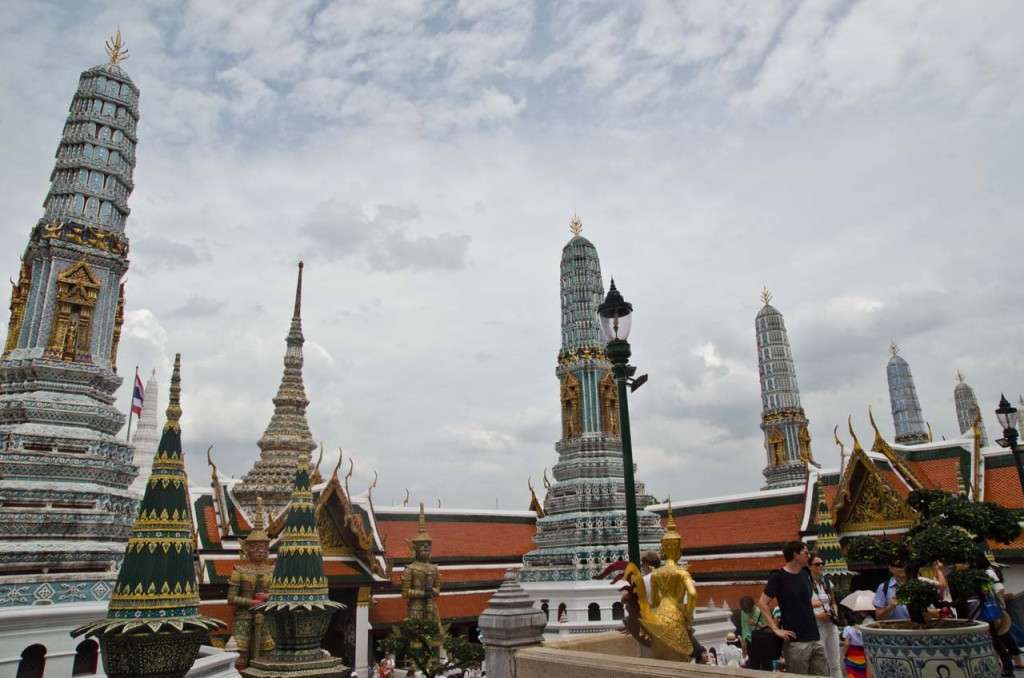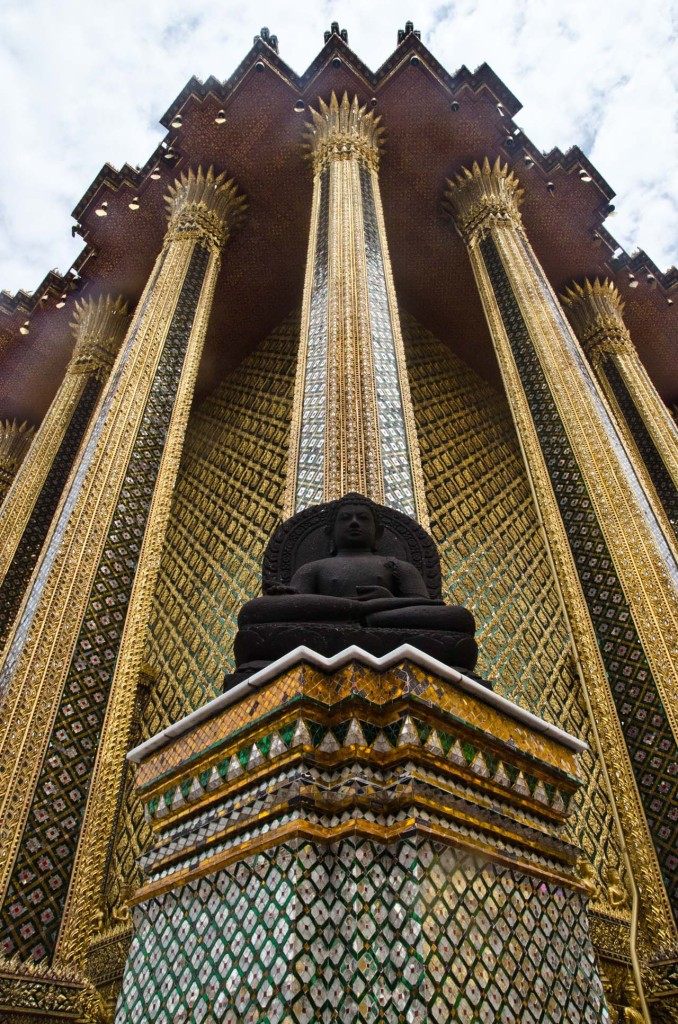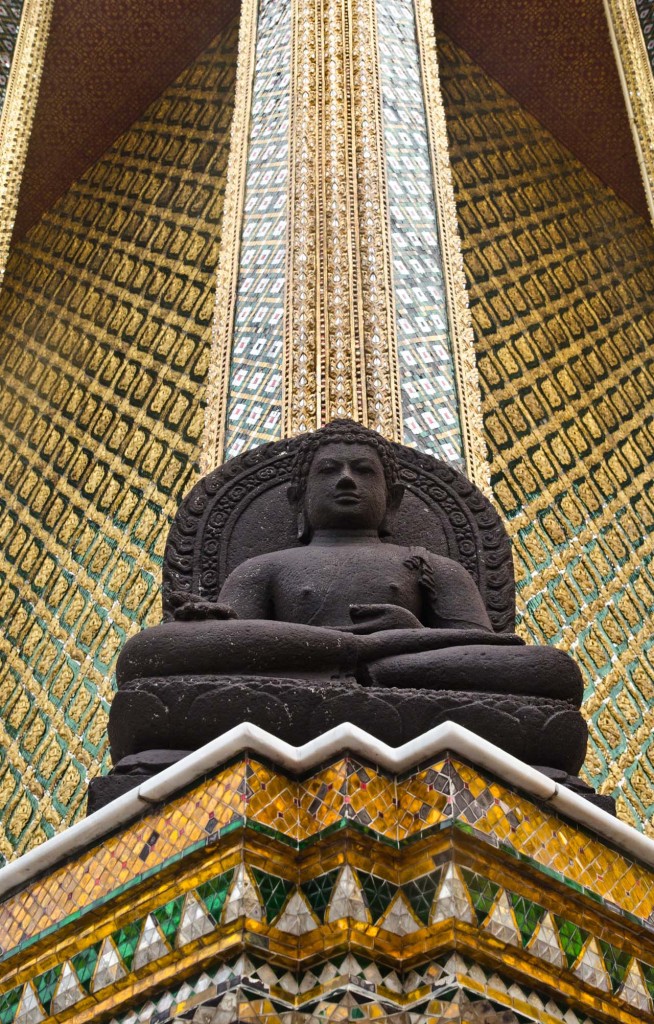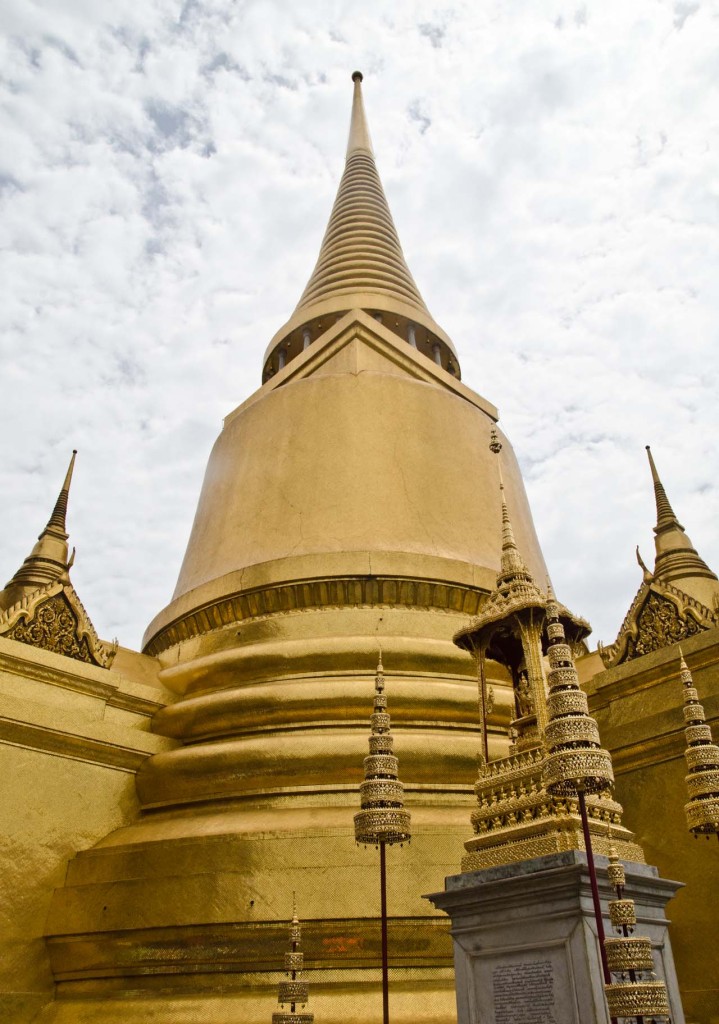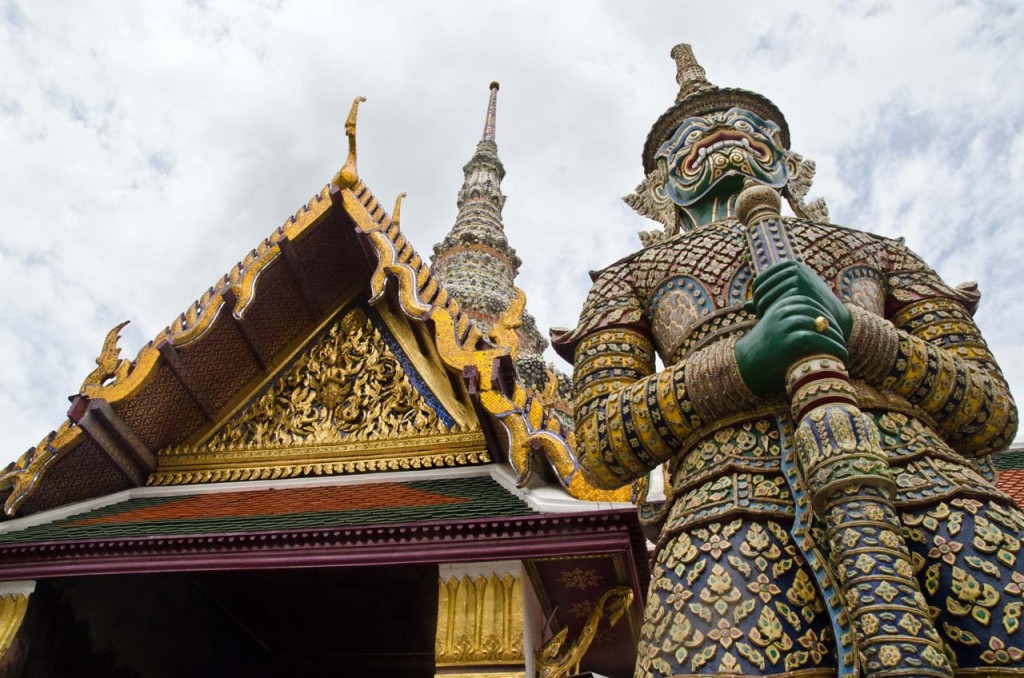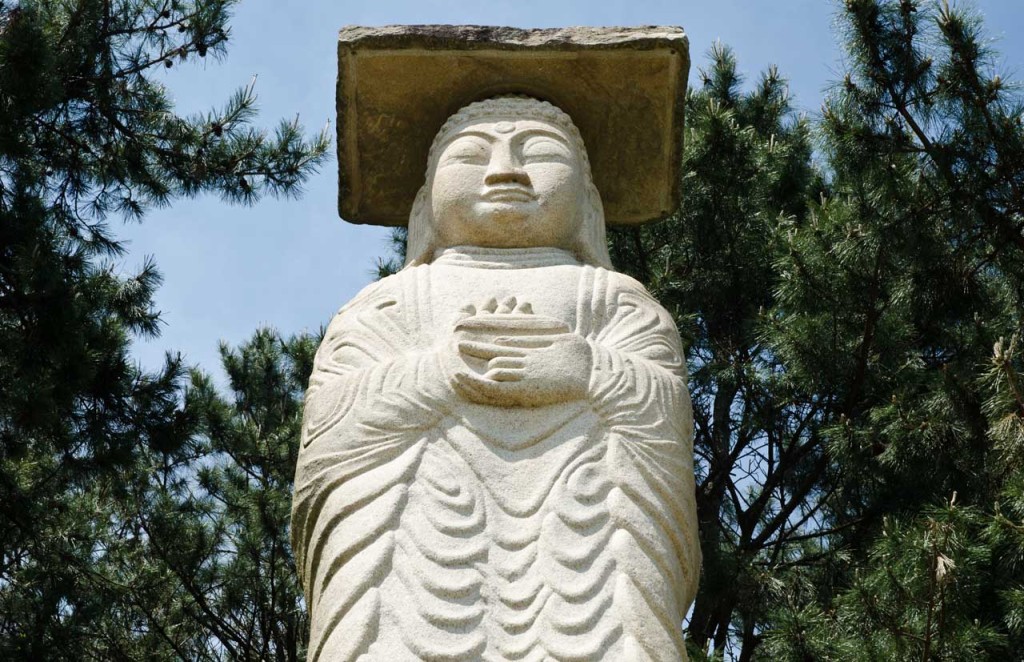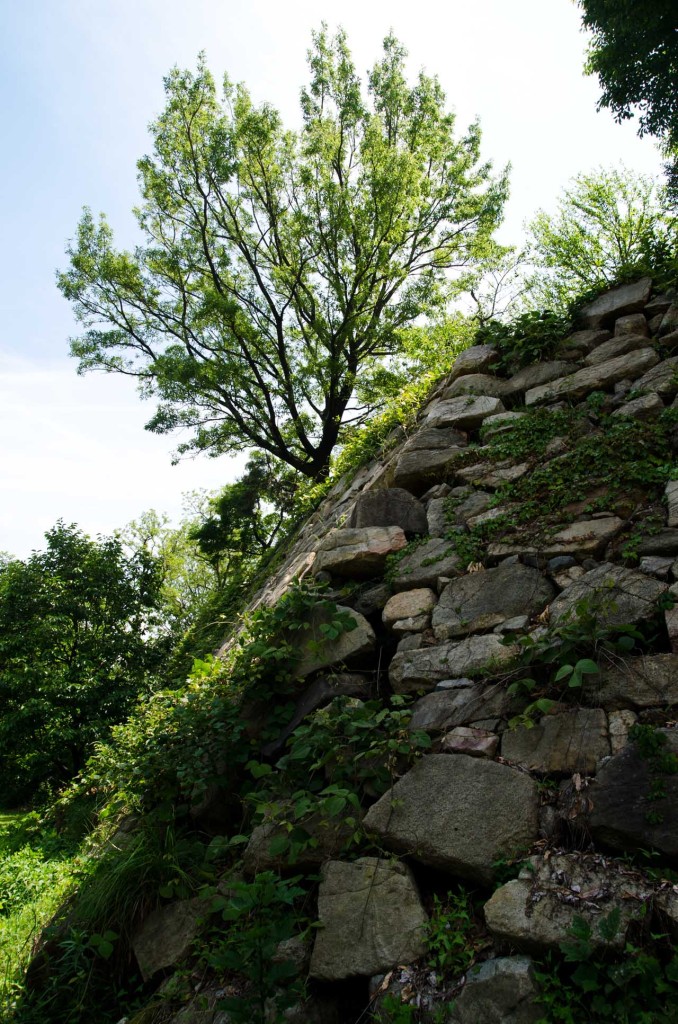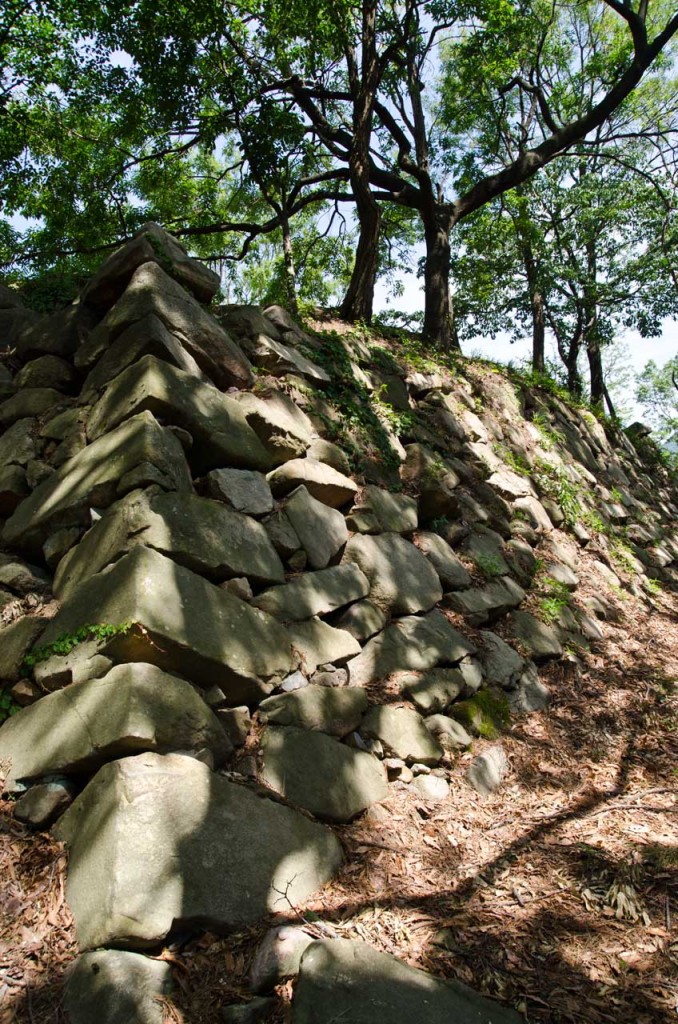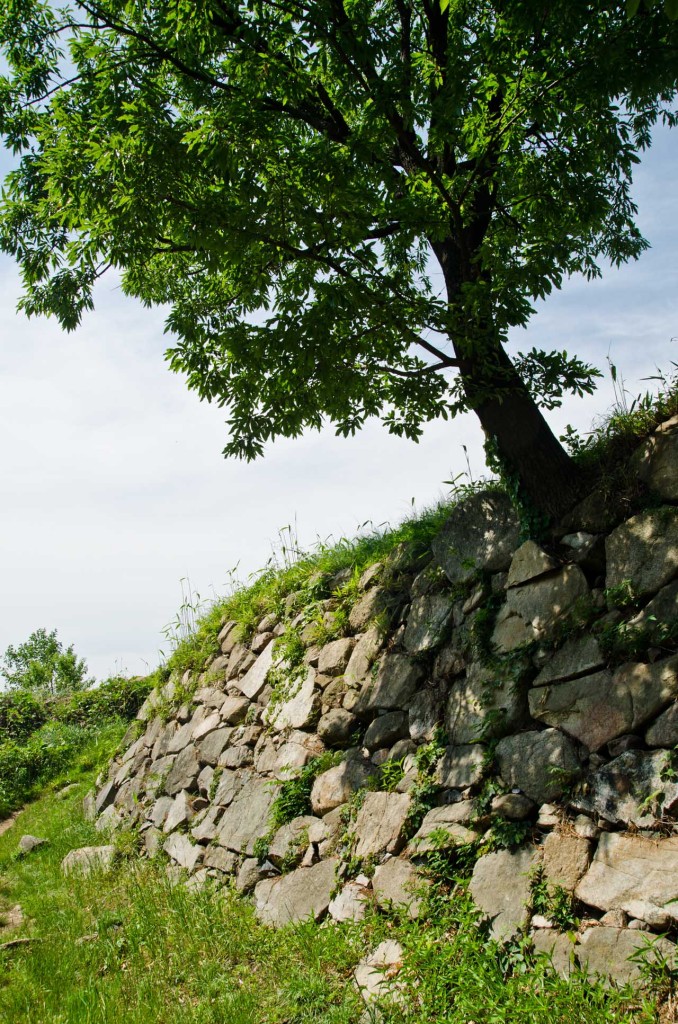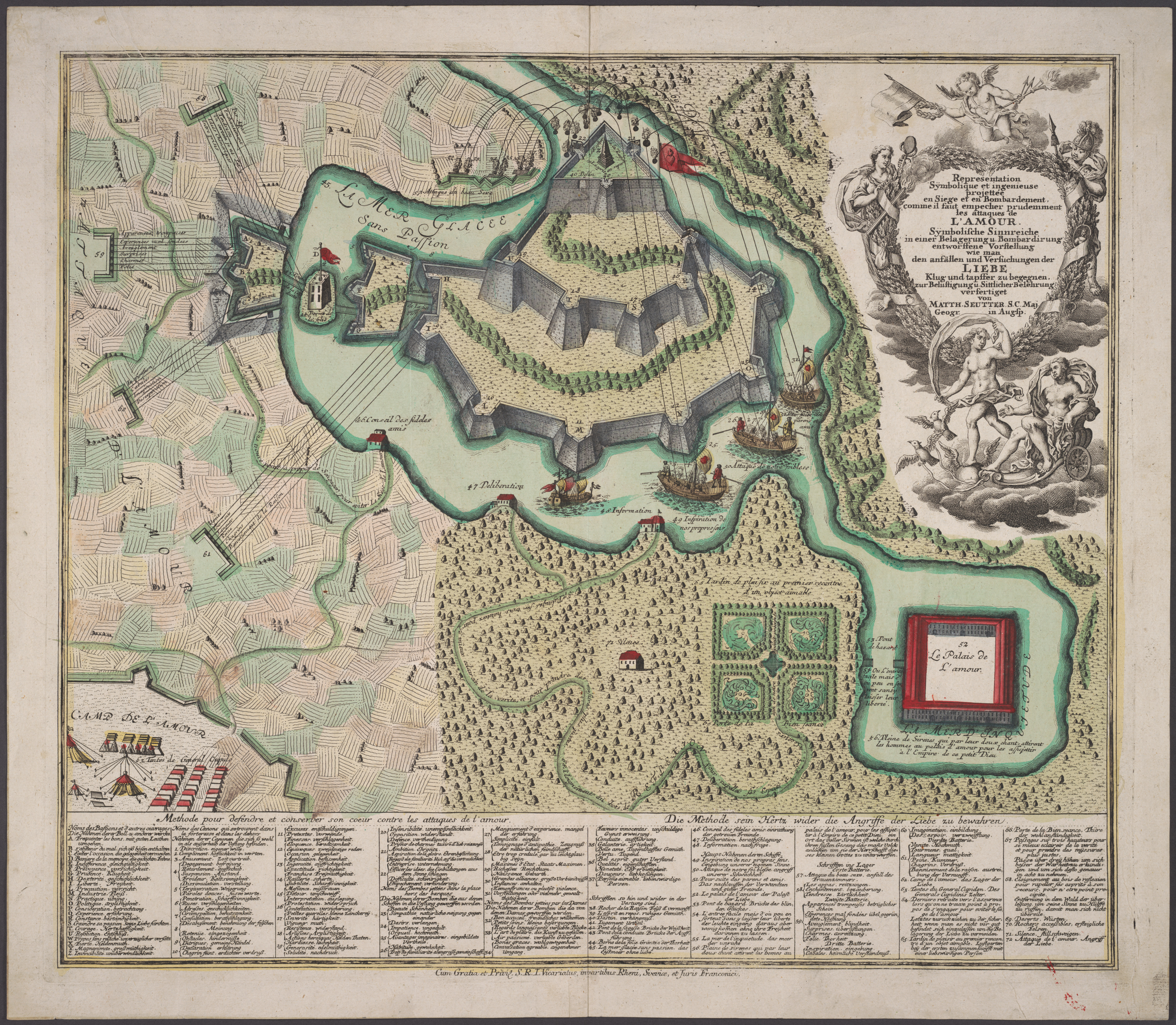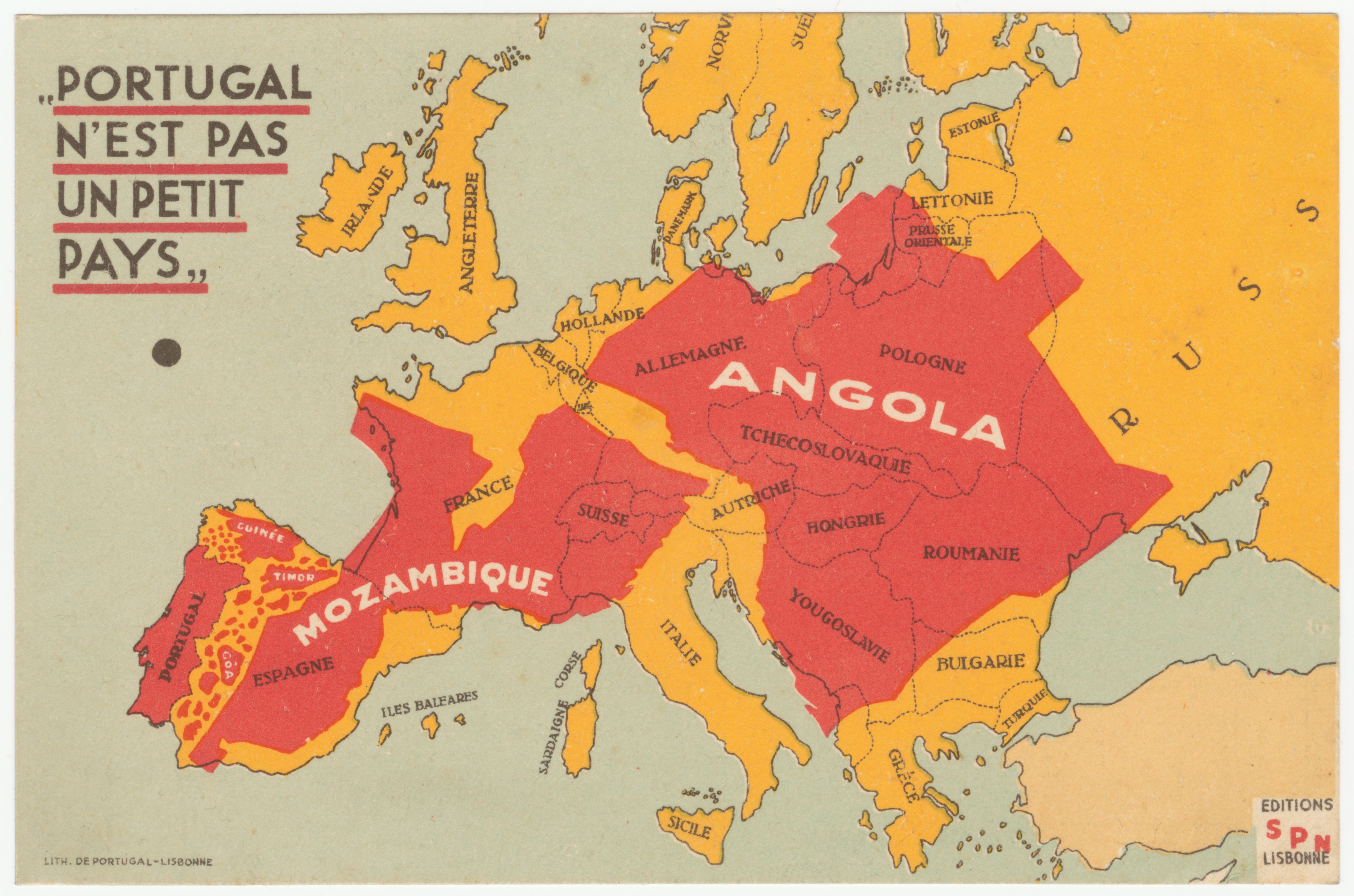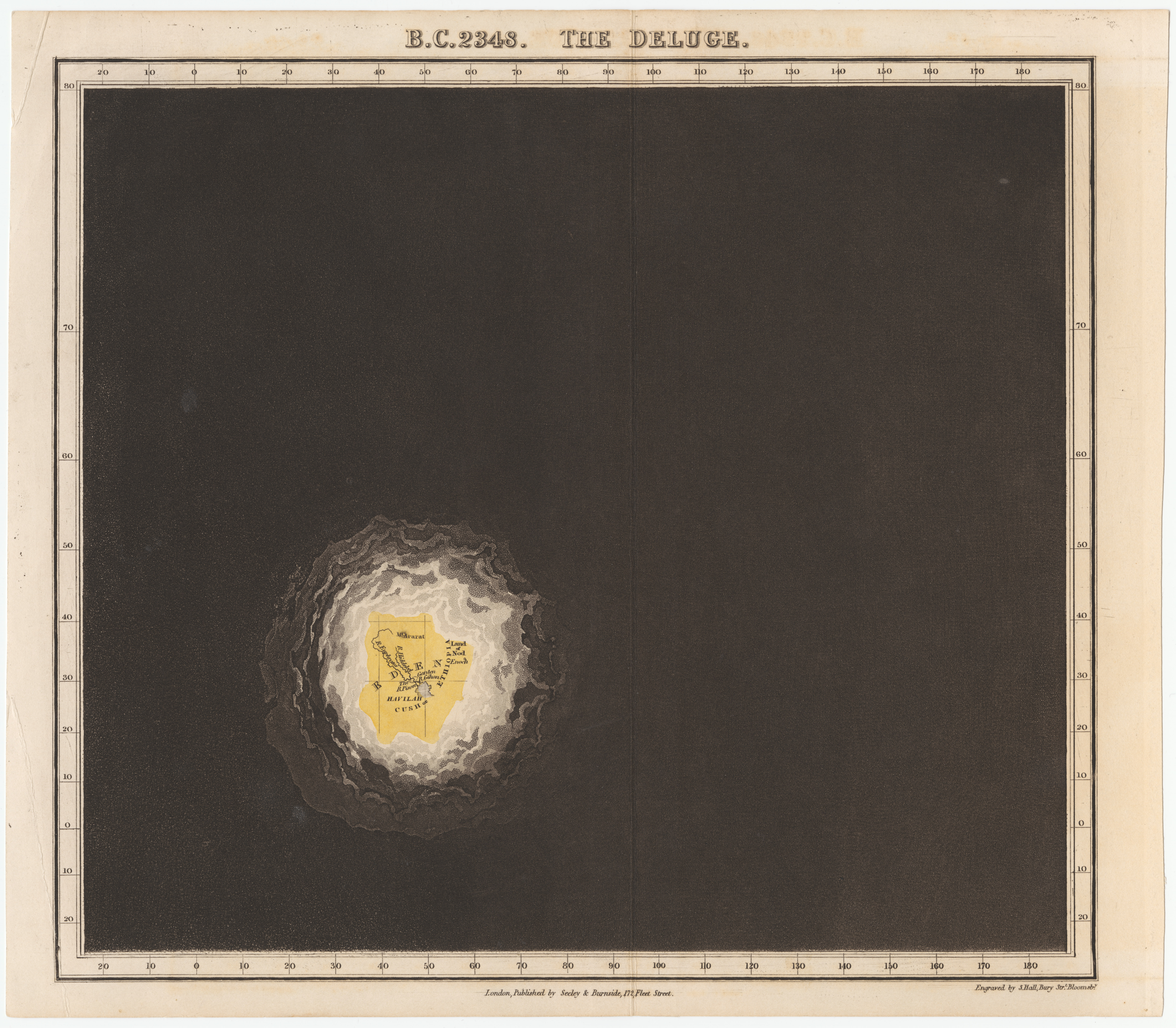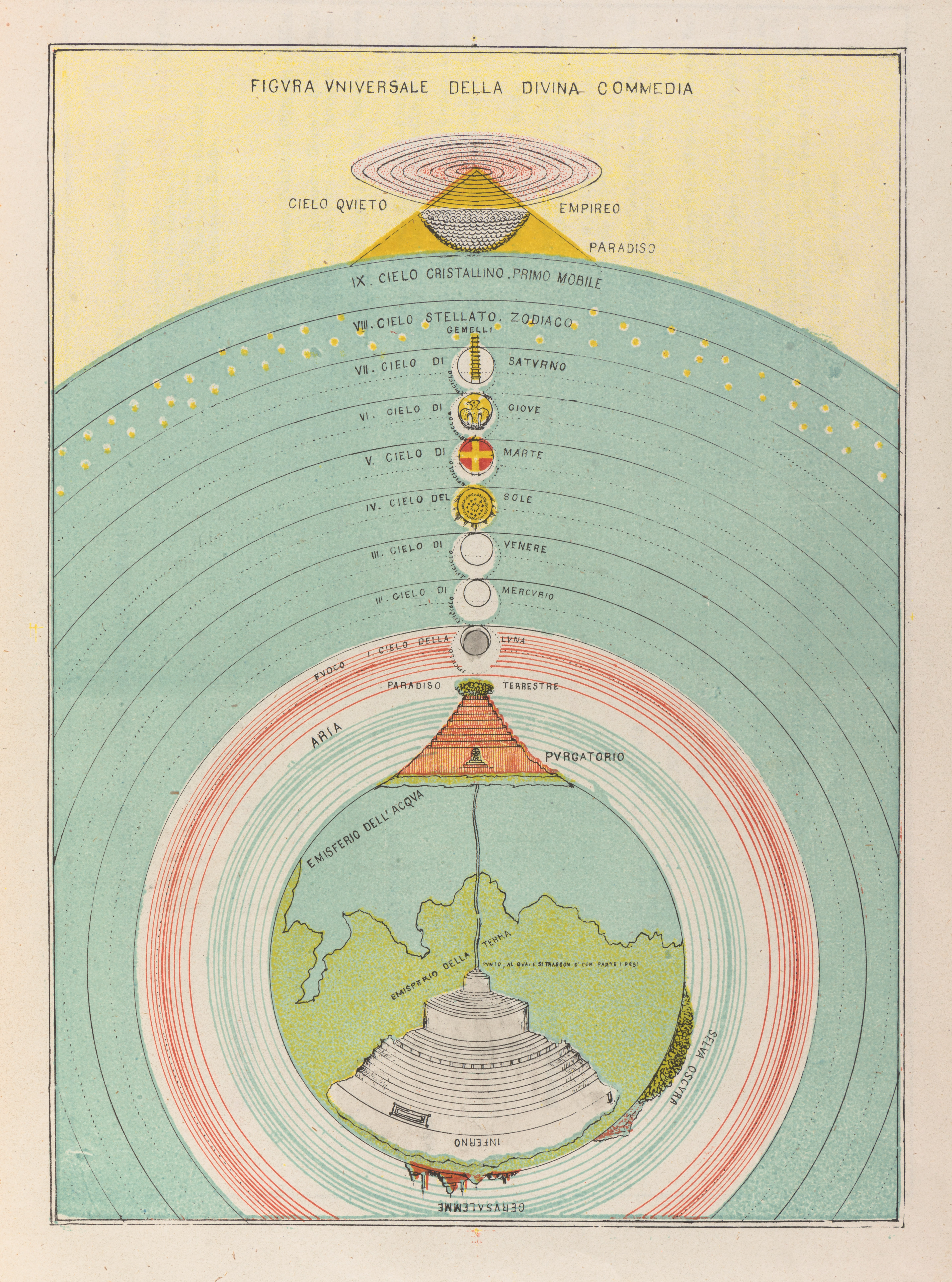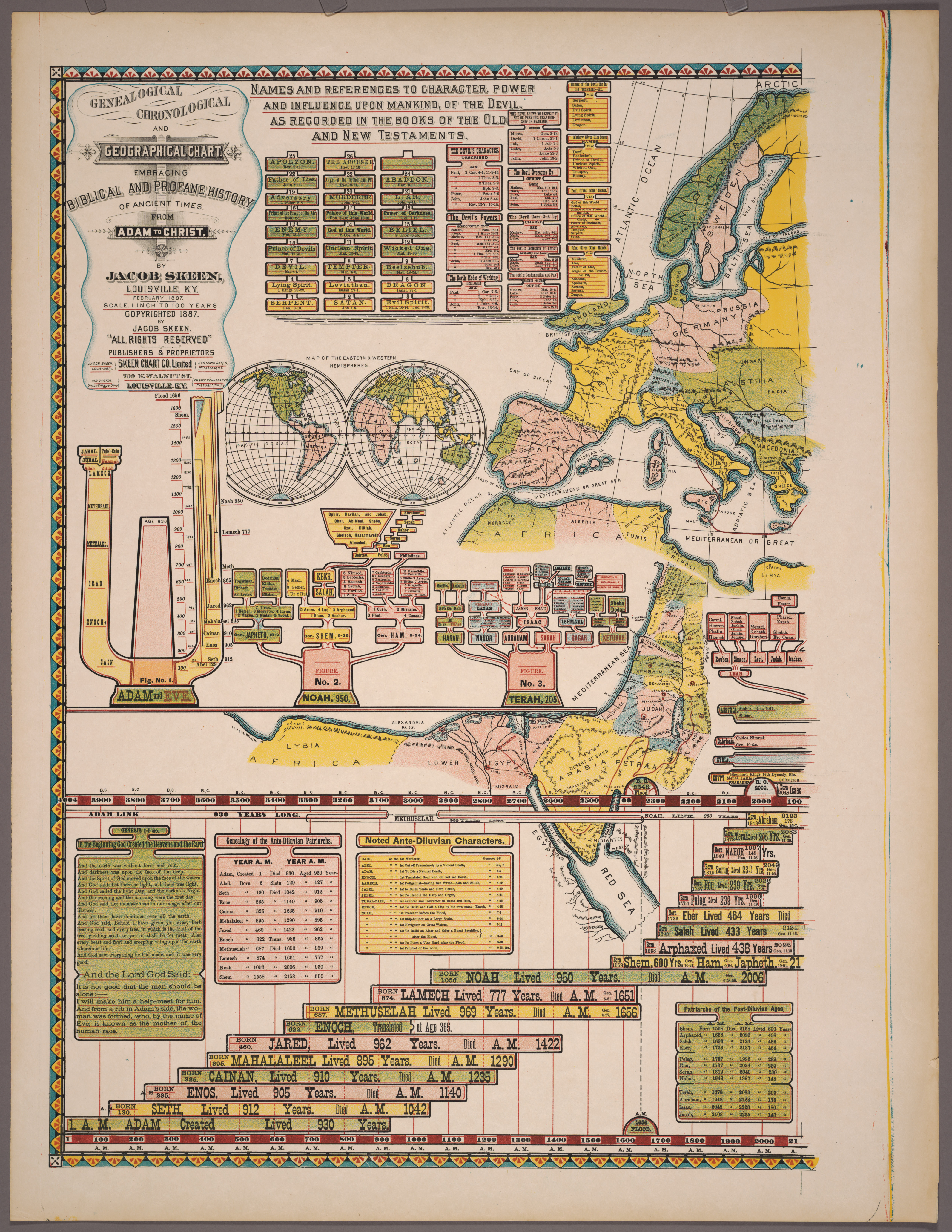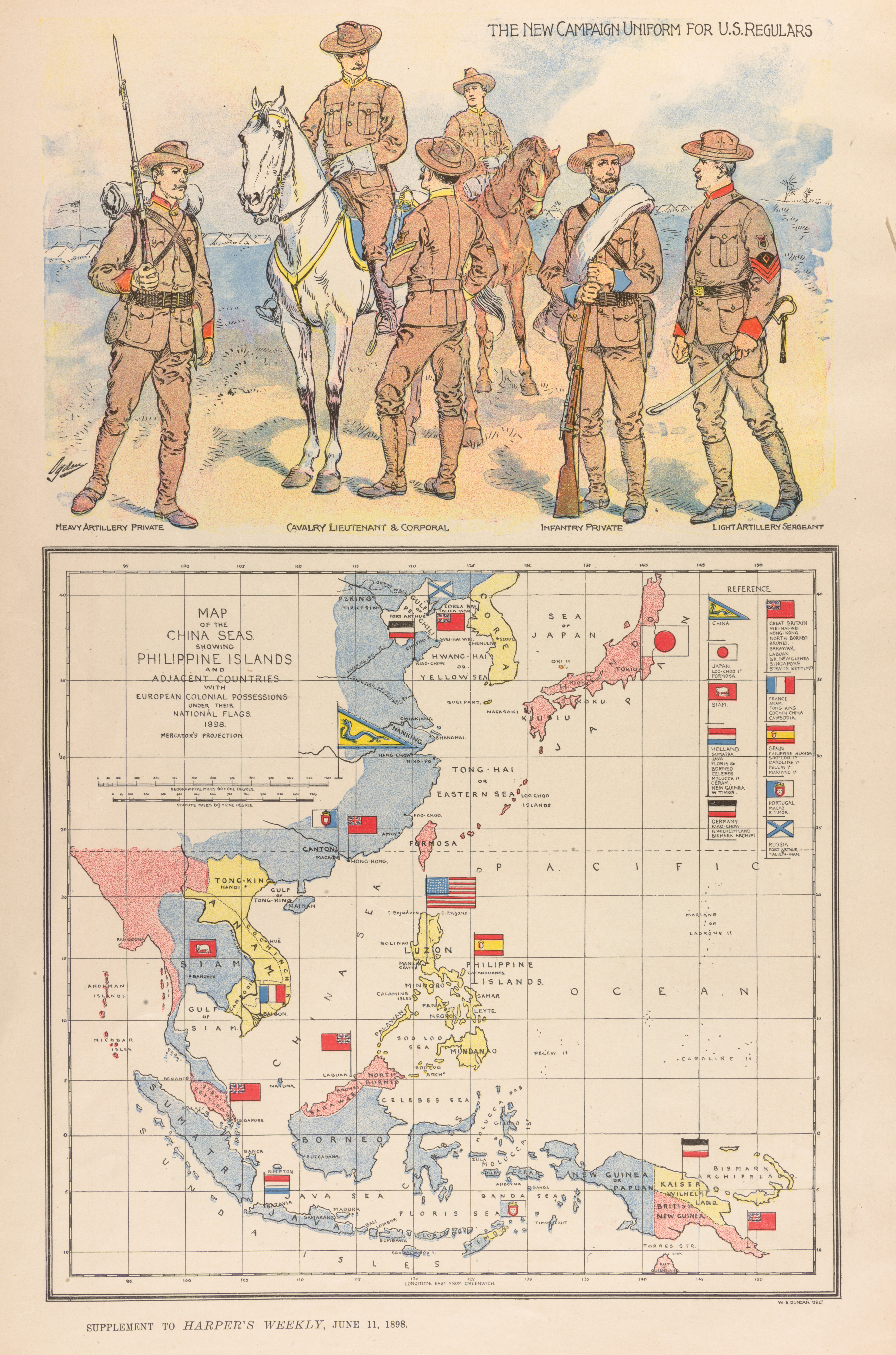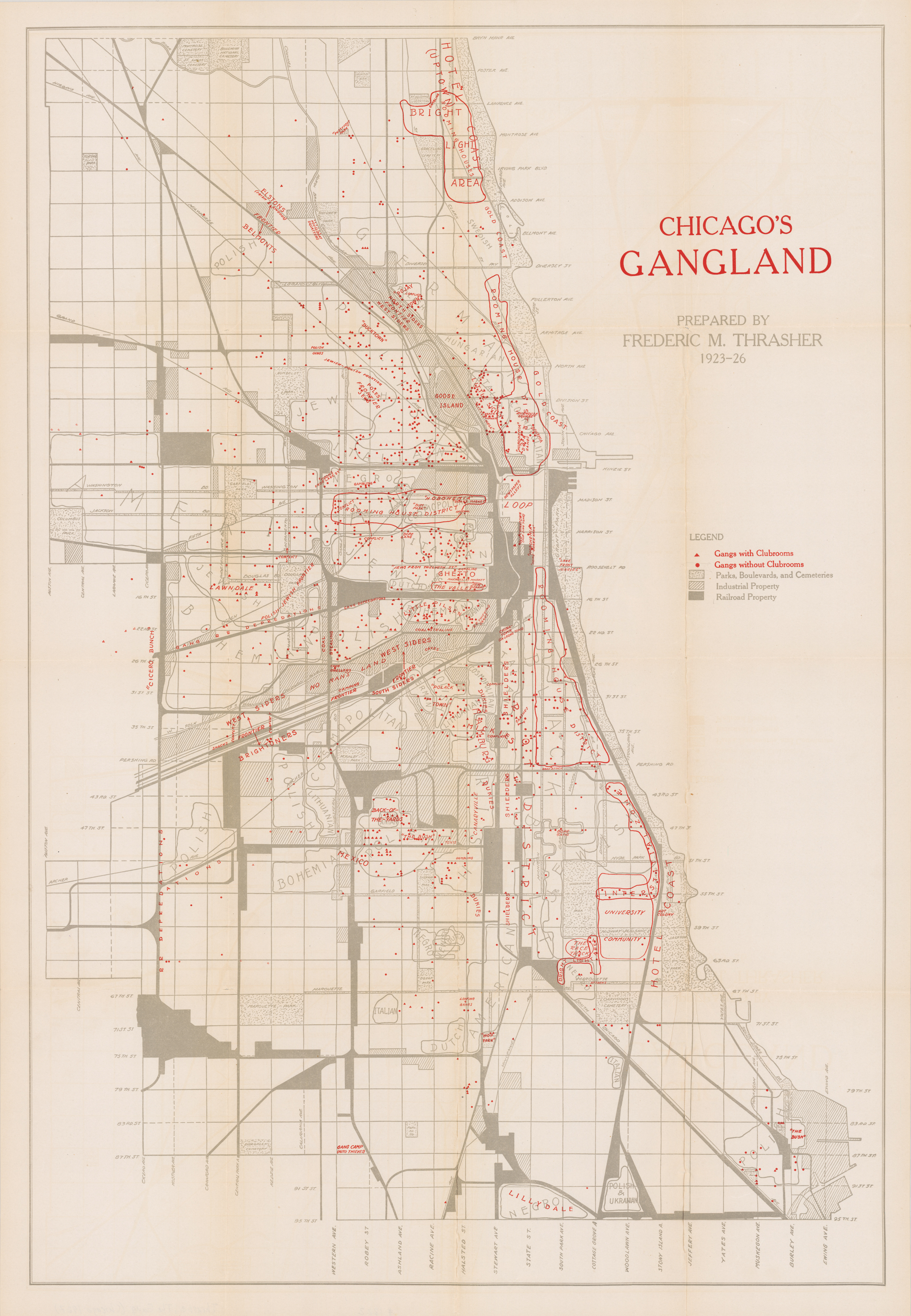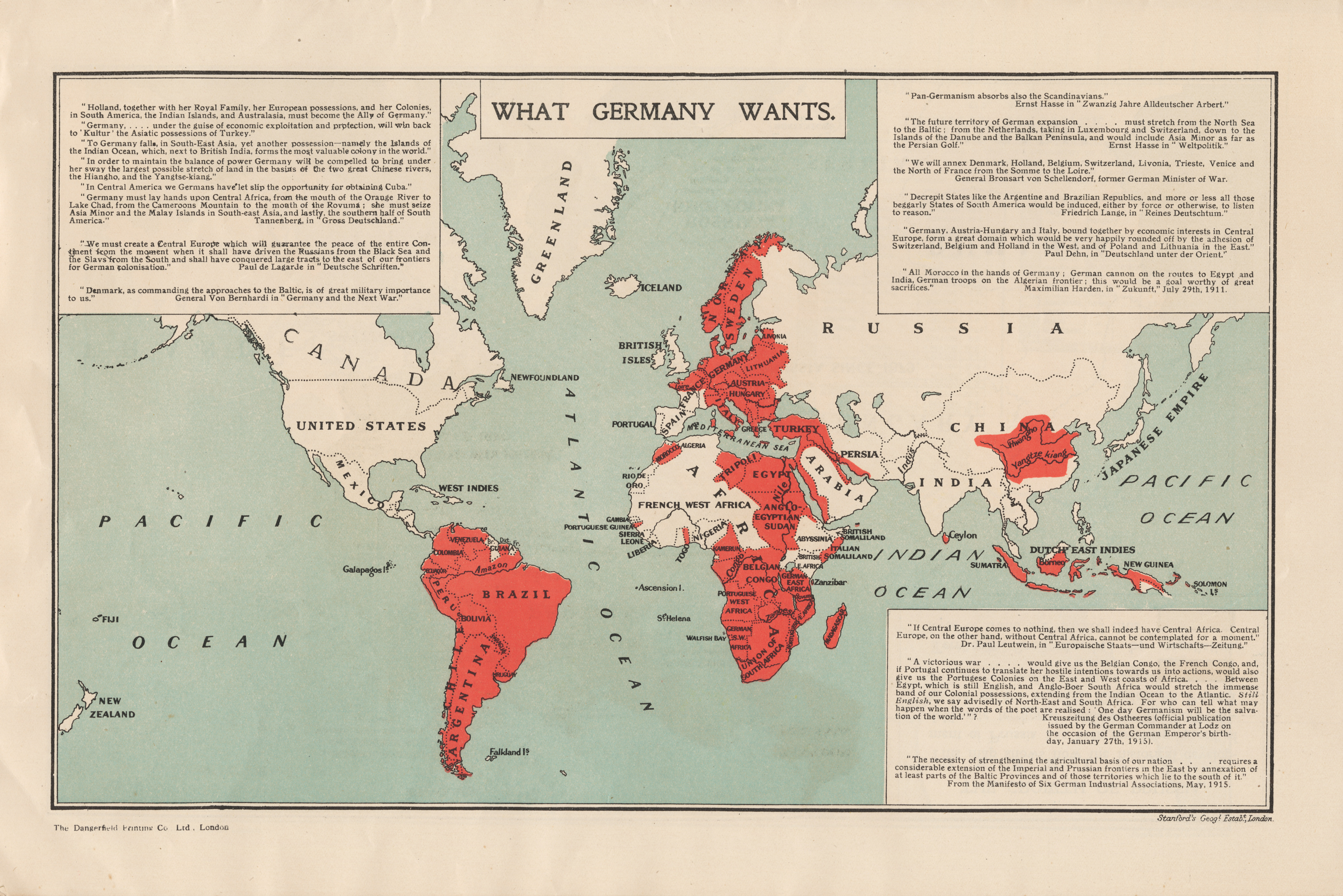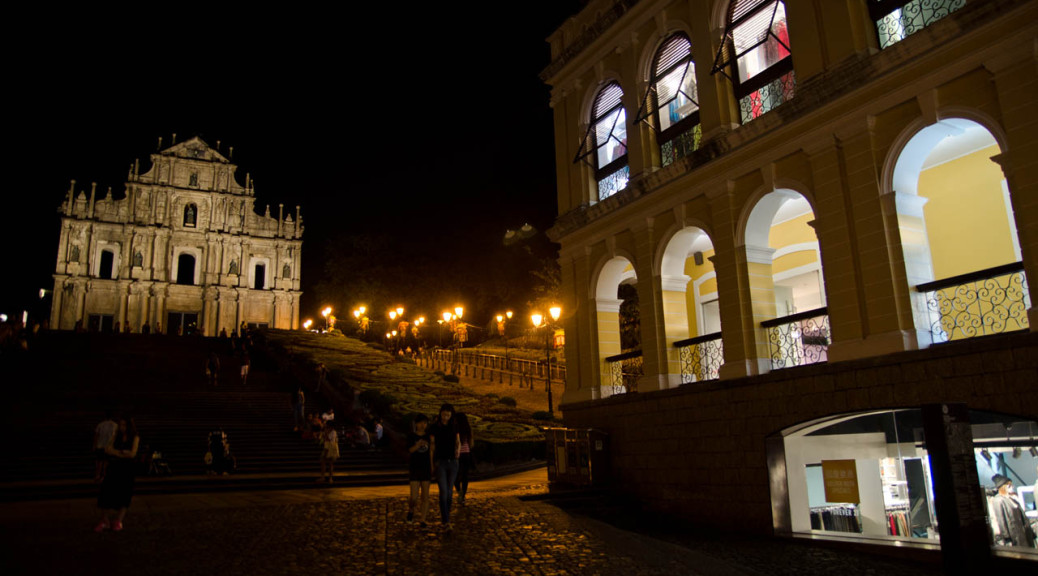
Tag Archives: religion

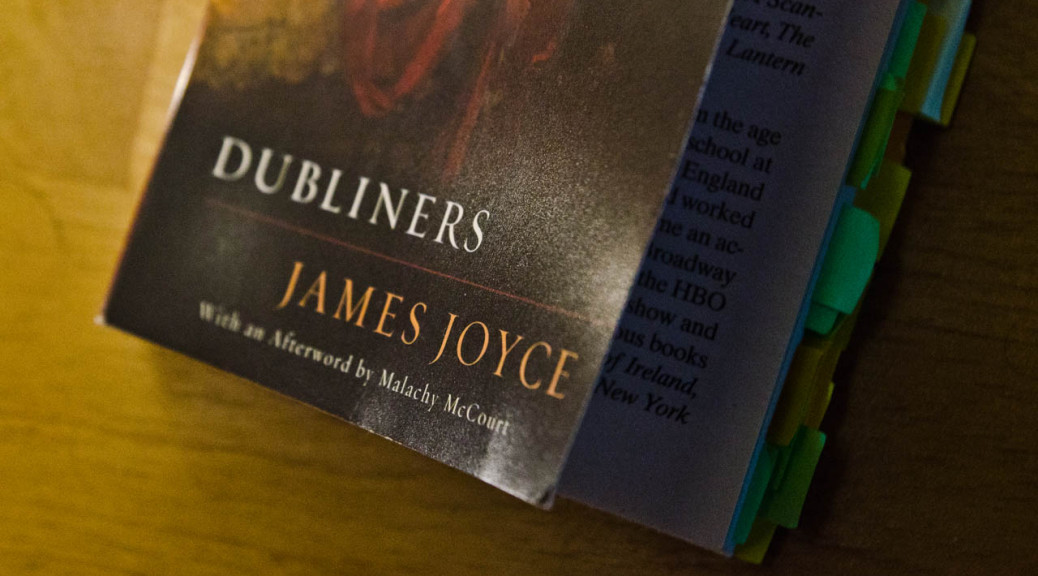
Dubliners
Joyce, James. Dubliners. New York: Signet Classics, 2007. Print. (First ed. 1914.)
The Sisters
The priest “Sometimes he had amused himself by putting difficult questions to me, asking me what one should do in certain circumstances or whether such and such sins were mortal or venial or only imperfections. His questions showed me how complex and mysterious were certain institutions of the Church which I had always regarded as the simplest acts.” p. 5
“His face was very truculent, grey and massive, with black cavernous nostrils and circled by a scanty white fur. There was a heavy odour in the room — the flowers.” p. 7
**An Encounter p. 13
“It was too late and we were too tired to carry out our project of visiting the Pigeon House.” p. 18
“- I say! Look what he’s doing!
As I neither answered nor raised my eyes Mahony exclaimed again:
-I say …He’s a queer old josser!
-In case he asks us for our names, I said, let you be Murphy and I’ll be Smith.” p. 21
“A slap on the hand or a box on the ear was no good: what he wanted was to get a nice warm whipping. I was surprised at this sentiment and involuntarily glanced up at his face. As I did do I met the gaze of a pair of bottle-green eyes peering at me from under a twitching forehead. I turned my eyes away again.” p. 22
Araby
“I allowed the two pennies to fall against the sixpence in my pocket. I heard a voice call from one end of the gallery that the light was out. The upper part of the hall was now completely dark.
Gazing up into the darkness I saw myself as a creature driven and derided by vanity; and my eyes burned with anguish and anger.” p. 32
After the Race
“They walked northward with a curious feeling of disappointment in the exercise, while the city hung its pale globes of light above them in a haze of summer evening.” p. 42
Two Gallants
“Corley halted at the first lamp and stared grimly before him. Then with a grave gesture he extended a hand toward the light and, smiling, opened it slowly to the gaze of his disciple. A small gold coin shone in the palm.” p. 59
A Little Cloud
“A gentle melancholy took possession of him. He felt how useless it was to struggle against fortune, this being the burden of wisdom which the ages had bequeathed to him.” p. 72
“Their faces were powdered and they caught up their dresses, when they touched earth, like alarmed Atalantas.” p. 73
“The bar seemed to him to be full of people and he felt that the people were observing him curiously. He glanced quickly to right and left (frowning slightly to make his errand appear serious), but when his sight cleared a little he saw that nobody had turned to look at him:” p. 75-76
Lord Byron
“Hushed are the winds and still the evening gloom,
Not e’en a Zephyr wanders through the grove,
Whilst I return to view my Margaret’s tomb
And scatter flowers on the dust I love.”
Counterparts
“The dark damp night was coming and he longed to spend it in the bars, drinking with his friends amid the glare of gas and the clatter of glasses.” p. 92
“His wife was a little sharp-faced woman who bullied her husband when he was sober and was bullied by him when he was drunk. They had five children. A little boy came running down the stairs.” p. 101
Clay
“Then she asked all the children had any of them eaten it — by mistake, of course–but the children all said no and looked as if they did not like to eat cakes if they were to be accused of stealing.” p. 108
I dreamt that I Dwelt (song)
“I had riches too great to count, could boast
of a high ancestral name,
But I also dreamt, which pleased me most,
That you loved me still the same.” p. 110
“But no one tried to show her her mistake” p. 111
A Painful Case
“He had an odd autobiographical habit which led him to compose in his mind from time to time a short sentence about himself containing a subject in the third person and a predicate in the past tense. He never gave alms to beggars, and walked firmly, carrying a stout hazel.” p. 114
“The workmen’s discussions, he said, were too timorous; the interest they took in the question of wages was inordinate. He felt that they were hard-featured realists and that they resented an exactitude which was the product of a leisure not within their reach. No social revolution, he told her, would be likely to strike Dublin for some centuries.” p. 117
“he heard the strange impersonal voice which he recognised as his own, insisting on the soul’s incurable loneliness. We cannot give ourselves, it said: we are our own.” p. 118
“he realised that she was dead, that she had ceased to exist, that she had become a memory.” p. 123
No one wanted him; he was outcast from life’s feast. He turned his eyes to the grey gleaming river, winding along towards Dublin. Beyond the river he saw a goods train winding out of Kingsbridge Station, like a worm with a fiery head winding through the darkness, obstinately and laboriously. It passed slowly out of sight; but still he heard in his ears the laborious drone of the engines reiterating the syllables of her name.” p. 124
Ivy Day in the Committee Room
“-There’s no tumblers, said the old man.
-O, don’t let that trouble you, Jack, said Mr Henchy. Many’s the good man before now drank out of the bottle.” p. 136
“Then he took up the corkscrew and went out of the door sideways, muttering some form of salutation.
-That’s the way it begins, said the old man.
-The thin edge of the wedge, said Mr Henchy.” p. 137
“Mr Crofton sat down on a box and looked fixedly at the other bottle on the hob. He was silent for two reasons. The first reason, sufficient in itself, was that he had nothing to say; the second reason was that he considered his companions beneath him.” p. 138-139
“Mr Hynes hesitated a little longer. Then amid the silence he took off his hat, laid it on the table and stood up. He seemed to be rehearsing the piece in his mind. After a rather long pause he announced:
The Death of Parnell
6TH OCTOBER 1891″ p. 142
“-Good man, Joe! said Mr O’Connor, taking out his cigarette-papers and pouch the better to hide his emotion.” p. 144
A Mother
Mr O’Madden Burke “His magniloquent western name was the moral umbrella upon which he balanced the fine problem of his finances. He was widely respected.” p. 155
Grace
“She believed steadily in the Sacred Heart as the most generally useful of all Catholic devotions and approved of the sacraments. Her faith was bounded by her kitchen but, if she was put to it, she could believe also in the banshee and in the Holy Ghost.” p. 169
Dublin Castle (Caisleán Bhaile Átha Cliath)
peloothered (drunk)
“The General of the Jesuits stands next to the Pope.” p. 175
Pope Leo XIII “union of the Latin and Greek Churches.” p. 179
Lux upon Lux
Lux in Tenebris
*****The Dead p. 189
Mr Browne “He was astonished to hear that the monks never spoke, got up at two in the morning and slept in their coffins…
-The coffin, said Mary Jane, is to remind them of their last end.” p. 217
***”Our path through life is strewn with many such sad memories: and were we to brood upon them always we could not find the heart to go on bravely with our work among the living. We have all of us living duties and living affections which claim, and righly claim, our strenuous endeavours.” p. 220
“And everything went on beautifully until Johnny came in sight of King Billy’s statue: and whether he fell in love with the horse King Billy sits on or whether he thought he was back again in the mill, anyhow he began to walk round the statue.
Gabriel paced in a circle round the hall in his goloshes amid the laughter of the others.” p. 224
*****”He stood still in the gloom of the hall, trying to catch the air that the voice was singing and gazing up at his wife. There was grace and mystery in her attitude as if she were a symbol of something. He asked himself what is a woman standing on the stairs in the shadow, listening to distant music, a symbol of. If he were a painter he would paint her in that attitude. Her blue felt hat would show off the bronze of her hair against the darkness and the dark panels of her skirt would show off the light tones. Distant Music he would call the picture if he were a painter.” p. 226
“O, the rain falls on my heavy locks
And the dew wets my skin,
My babe lies cold…” p. 227
****”A wave of yet more tender joy escaped from his heart and went coursing in warm flood along his arteries. Like the tender fires of stars moments of their life together, that no one knew of or would ever know of, broke upon and illuminated his memory. He longed to recall to her those moments to make her forget the years of their dull existence together and remember only their moments of ecstasy.” p. 230-231
“A ghostly light from the street lamp lay in a long shaft from one window to the door. Gabriel threw his overcoat and hat on a couch and crossed the room towards the window. He looked down into the street in order that his emotion might calm him a little.” p. 233
*******”The air of the room chilled his shoulders. He stretched himself cautiously along under the sheets and lay down beside his wife. One by one they were all becoming shades. Better pass boldly into that other world, in the full glory of some passion, than fade and wither dismally with age. He thought of how she who lay beside him had locked in her heart for so many years that image of her lover’s eyes when he had told her that he did not wish to live.” p. 240
*******”A few light taps upon the pane made him turn to the window. It had begun to snow again. He watched sleepily the flakes, silver and dark, falling obliquely against the lamplight. The time had come for him to set out on his journey westward. Yes, the newspapers were right: snow was general all over Ireland. It was falling on every part of the dark central plain, on the treeless hills, falling softly upon the Bog of Allen and, farther westward, softly falling into the dark mutinous Shannon waves. It was falling too, upon every part of the lonely churchyard on the hill were Michael Furey lay buried. It lay thickly drifted on the crooked crosses and headstones, on the spears of the little gate, on the barren thorns. His soul swooned slowly as he heard the snow falling faintly though the universe and faintly falling, like the descent of their last end, upon all the living and the dead.” p. 241
—
Afterword
“The Irish playwright John Millington Synge once said that words should have the crispness of an autumn apple,” p. 244
“Dubliners was accepted for publication in 1904 and, due to the prevailing puritan prudery, it got passed from fearful publisher to fearful publisher and was eventually published nine years later. It was not a book that reverberated like the shot heard around the world; indeed it sold three hundred copies, of which one hundred were purchased by the author himself, a not unfamiliar tactic to gain bestseller status,” p. 247
Ireland “is somewhat a matriarchy, which to me is a society where men look down on their women with reverence.” p. 248
“Some scholars say that James Augustine Aloysius Joyce could not, in his early years, write anything that he had not observed and personally experienced in some way; thus Dubliners follows a path through childhood, through puberty and ts sins of the flesh, a constant torment to Irish teenagers, sometime maturity, and the emerging of the man into public view.” p. 248
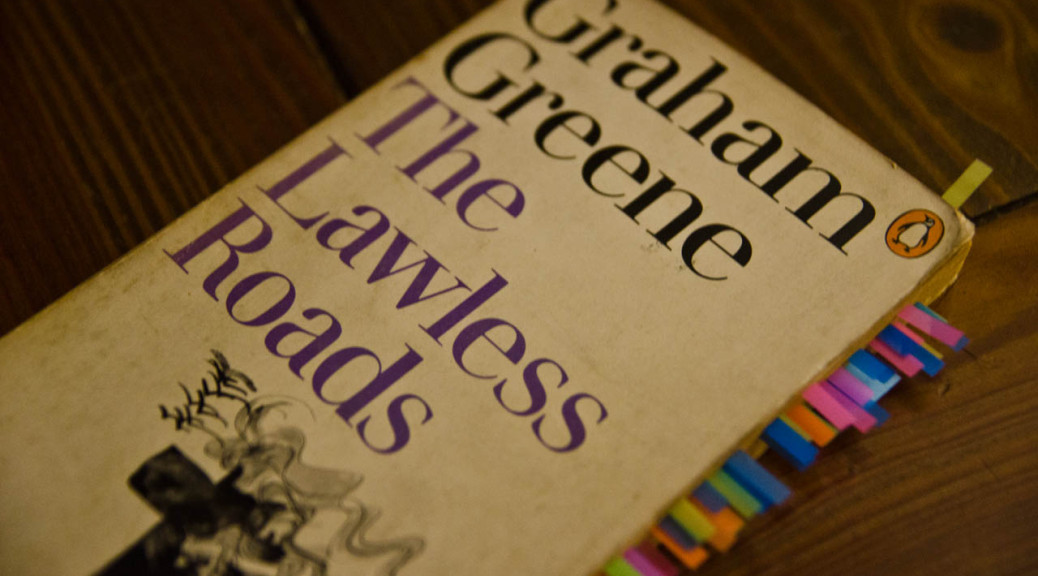
The Lawless Roads
Greene, Graham. The Lawless Roads. London: Penguin, 1976. Print. (First Ed. 1939)
“Man’s like the earth, his hair like grasse is grown,
His veins the rivers are, his heart the stone.”
Wit’s Recreations (1640)
“Most priests wear their mufti with a kind of uneasiness, but Pro was a good actor.” p. 19
“Within two months of Pro’s landing, President Calles had begun the fiercest persecution of religion anywhere since the reign of Elizabeth.” p. 19
President Plutarco Elías Calles.
“For Mexico remained Catholic; it was only the governing class – politicians and pistoleros – which was anti-Catholic.” p. 20
“Over there – one argued to oneself – were Chichen Itza and Mitla and Palenque, the enormous tombstones of history,” p. 24
“For the priest prison, and for the politician a bullet.” p. 24
Quadragesimo Anno (encyclical issued by Pope Pius XI on 15 May 1931)
“We writers are apt to judge a country by freedom of the Press, and politicians by freedom of speech – it’s the same really.” p. 32
“This was Mexico, that was the United States. The only difference was dirt and darkness: there weren’t so many lights in Mexico. They called this Nuevo Laredo to distinguish it from the town in Texas, but as so often happens the son looked older than the father, more acquainted with the seamy side of life.” p. 33
“A drunken voice sung in Spanish and the rain fell over the dreary Nuevo León plain,” p. 34
“mud huts and a few factories and then nothing at all until the seal-grey mountains gathered slowly round, little outcrops of rock like sailing-ships on the horizon.” p. 36
“The dry and prickly desert: the cacti sticking up like pins with an effect of untidiness, and the night deepening. Paths went off into the dark gleaming with wet, going to nowhere one knew of at all.” p. 37
“For one can respect an atheist as one cannot respect a deist: once accept a God and reason should carry you further, but to accept nothing at all – that requires some stubbornness, some courage.” p. 37
“The cheers were everywhere, stretching out to the dim mountains: they weren’t cheers at all, but the cocks crowing for miles around, an odd Biblical rhapsody at dawn.” p. 39
“God didn’t cease to exist when men lost their faith in Him; there were always catacombs where the secret rite could be kept alive till the bad times passed” p. 39
“At dinner the old gentleman couldn’t get over the joke of it: here I’d been walking miles about town and he’d gone all round in one hour by street car – for five cents. American money. ‘But I like walking,’ I kept on telling him – uselessly. ‘I’m going to tell them that back home,’ he said, ‘about my English friend who walked all day and saved five cents American.'” p. 41
(San Luis Potosí) “Roads were like the lines on a map; you saw them meandering thinly for an immense distance, dying out at the margin among the rocks and cacti. The cacti had no beauty – they were like some simple shorthand sign for such words as ‘barrenness’ and ‘drought’; you felt they were less the product than the cause of this dryness, that they had absorbed all the water there was in the land and held it as camels do in their green, aged, tubular bellies. ” p. 42
“Everything is repeated there, even the blood sacrifices of the Aztecs; the age of Mexico falls on the spirit like a cloud.” p. 44
“‘If you are a philosopher,’ he rebuked me, ‘every place is the same. Why not Mexico?'” p. 52
“The veranda was crowded with politicians waiting for the General to appear, with guns on their hips, the holsters and the cartridge belts beautifully worked, a decorative death” p. 53
“The General sat in the front seat; the great back and rounded shoulders reminded me of Tommy Brock in Miss Beatrice Potter‘s book – ‘he waddled about by moonlight, digging things up'” p. 56
“Presently somebody thought of trying a switch and the light went obediently on, a bare globe beating on a cracked mirror, a few hard chairs, a miniature billiard table with a ragged cloth.” p. 57
“He was caught in a maze of friends and enemies with similar faces.” p. 58
“Somewhere far away a thunderstorm shifted cumbrously in the hills… like cargo unloaded in a railway-yard.” p. 60
Rural Rides by William Cobbet
To Mexico City “[Cobbet] judged landscape by its value to human beings… The Romantics would have enjoyed the Mexican scene, describing it as ‘sublime’ and ‘awe-inspiring’; they scented God in the most barren regions, as if He were a poet of escape whom it was necessary to watch tactfully through spy-glasses as He brooded beside a waterfall or on the summit of Helvellyn: as if God, disappointed in His final creation, had fallen back on one of His earlier works. They preferred the kind of Nature which rejects man.” p. 61
Tacuba area in Mexico City. See Tlacopan

Map of “Valley of Mexico on the eve of the Spanish conquest of Mexico.” Via Wikimedia.
José Clemente Orozco
See mural Entering the Mine by Rivera (Murals by Diego Rivera in the Secretaria de Educacion Publico)
“All monuments in Mexico are to violent deaths.” p. 80
“In the great grey courtyard of Teotihuacán, surrounded by the platforms of small pyramidal temples, you do get the sense of a continent over the world’s edge – a flatness, a vacancy, through which peer plumed serpents and faces like gas-masks over over orifices that might be the mouths of Lewis guns or flamethrowers.” p. 82
Virgen de Guadalupe
“But this shrine of Guadalupe, even at the height of the persecution, remained open – no government dared to rob the Indian of his Virgin, and it helped to break the career of the only man who ever threatened it.” p. 87
“The Virgin of Guadalupe, like St Joan in France, had become identified not only with the faith but with the country, she was a patriotic symbol even to the faithless…” p. 88
“I didn’t like the serious way he took this matter of the insurance; this was graveyard talk. The boat couldn’t be as bad as all that.” p. 101
“We climbed over the rail with the suitcase, and a sailor led the way down a few stairs into the engine-room, where one old greasy engine say like an elephant neglected in its tiny house.” p. 101
“breakfast was handed up through a hatch in the deck from the engine-room – a loaf of bread and a plate of anonymous fish scraps from which the eyeballs stood mournfully out.” p. 105
“Shark fins glided like periscopes at the entrance to the Grijalva River, the scene of the Conquistadores’ first landing in Mexico” 105-106
Villahermosa, Tabasco
“The vultures squatted on the roofs. It was like a place besieged by scavengers – sharks in the river and vultures in the streets.” p. 107
“For twelve hours there had been nothing but trees on either side; one had moved forward only into darkness; and here with an effect of melodrama was a city – lights burning down into the river, a great crown outlined in electricity like a casino. All felt the shock – it was like coming to Venice through an uninhabited jungle – they called, triumphantly, ‘El puerto, el puerto!'” p. 111
“I went back to the hotel to bed and began to read Dr Thorne… A cockchafer came buzzing and beating through the room and I turned out the light – the light went out all over Barsetshire, the hedges and hte rectories and paddocks dropped into darkness,” p. 114
“It will be a fine journey, the man said, if you can make it – you’ll know what Cortés had to face in heavy armour on his march to Guatemala.” p. 116
“I had won twenty pesos with my first ticket. That sold the lottery to me: I bought at least a small share in a ticket in every town I came to, but never won again.” p. 117
“In the night beetles woke me, thumping against the wall. I killed two – one in the very centre of the great tiles floor, but when I woke there wasn’t a sign of it. It was uncanny.” p. 118
A Victorian Adventurer (p. 118-122)
“In West Africa once I had made the mistake of taking the Anatomy of Melancholy, with the idea that it would, as it were, match the mood. It matched all right, but what one really needs is contrast, and so I surrendered perhaps my only hope of ever reading War and Peace in favour of something overwhelmingly national.” p. 128
“Ortega’s little red plane moved back across the merciless sky, like an insect on a mirror, towards Villahermosa. I had a sense of being marooned… ” p. 132
“The fireflies moved like brilliant pocket torches, and a small boy stood by the track with a flaming brand making mysterious animal noises into the dark.” p. 134
“I dreamed of a Mr Wang, also known as Mr Moon, who was to guide me – somewhere. He was dressed in the most extravagant robes – all silk and gold embroidery and dragons” p. 134
“the two mules swimming beside the canoe, with just their muzzles and their eyes above the water like a pair of alligator heads,” p. 135
***”Then the sound of horses came beating up across the plain – this is the romantic attraction of the Mexican countryside, the armed stranger travelling at night who may be a friend of an enemy. The door of the hut was barred shut. A horse whistled, stirrup irons jangled; when the lightning flared I could see four horses, and a man dismounting. He felt his way across the veranda and knocked at the door – ‘Con amistad.'” p.
“I learned from her for the first time of the rather wild dream that buoys up many people in Chiapas: the hope of a rising which will separate Chiapas, Tabasco, Yucatán, and Quintana Roo from the rest of Mexico and of an alliance with Catholic Guatemala.” p. 153
“Time passed; I saw the mule climbing briskly up the opposite slope, the size of a toy animal, and fifty yards behind it a toy man. Then they both disappeared altogether, and dusk began to fall. I was alone with the two mules – it seemed to be the end of that journey.
“In the mountains the sun sets early – the horizon is high up the sky. I waited half an hour; the sun dropped out of sight, the forests became black below their gilded tips. The world was all steel and gold, like war. The opposite slope dropped into obscurity, untenanted.” p. 164
“The guide couldn’t put up in their presence that Mexican façade of bonhomie – the embrace, the spar, the joke – with which they hide from themselves the cruelty and treachery of their life.” p. 167
“When we rode up the beds heaved on their piles and rows of eyes peered out of the darkness like a cave of cats: there wasn’t an inch of space to spare in the windswept shelter.” p. 168
“About eleven a fist beating on the barred door woke us all. I switched on my torch and saw the doubtful bearded faces lifted from the beds; somebody felt for his revolver holster, and then the password came, ‘Con amistad.'” p. 168
A Grove of Crosses “The scenery was magnificent: the great pine forests swept down to where we trudge at a mere six thousand feet, great rocky precipices showed like grey castle walls through breaks in the pines.” p. 169
“It was like a scene from the past before the human race had bred its millions – England of the Conquest before the forests had been cut, a herd called Sweyn, the wattle huts, the word of Ivanhoe.”
Ivanhoe by Sir Walter Scott
“It was like an adventure of Rider Haggard – coming so unexpectedly out of the forest above this city, once the capital of Chiapas and the home of Las Casas, a place with one rough road, impassable in the rains, running down to Tuxtla and the coast, and only a mule track for the traveller from the north.” p. 171
“I felt my incredulity shaken. Suppose there was a miracle, suppose out of some box a voice did speak… it was horrifying thought that life could never be the same again; one couldn’t go on living as one had been living. What happens afterwards to the people who are present at a genuine miracle?”
Mixtec ruins
“We stopped at a cantina, and had some mescal – the driver told me it was good for dysentery. I don’t think it was, but it was good for our spirits.” p. 198
Puebla’s Hidden Convent “In a glass of case enclosed in a reliquary was the founder’s withered heart, the colour of long-dried blood.” p. 203
“For the first time since I came to Mexico I could see the great volcano Popocatepetl, a cone of ice bobbing between the woods and peaks, over the decaying churches, like the moon outliving everything. It was beautiful, but I was more concerned with the incompetence of the drive.” p. 205
Garci Crespo “I had to ask him several times before I got it, and every time he nodded more winningly, darkly, knowingly – as if I were insisting on the letter of a code. When I was undressing, the glass of the door darkened; somebody scratched, scratched at the pane: it was the waiter. I asked him what he wanted; he merely grinned and said hadn’t I asked for a Garci Crespo? I slammed the door shut nad a little while later he came padding up the passage and scratched again. I shouted to him to go and turned out the light, but for a long while the small vicious shadow waited, with the patience of a snake, on the other side of the glass.” p. 206
“Taxco is the showplace of the Mexican tourist belt – old Mexico carefully preserved by a society of business men and American artists known as ‘The Friends of Taxco’. It is the Greenwich Village of Mexico” p. 208
Tempest Over Mexico by Rosa E.King (Zapata rising)
The Escapist (218-222)
“Somewhere I suppose, the Ruiz Cano rolled from Vercruz or Villahermosa and back and the sailors stood about doing up their trousers; the dentists was back at El Frontera; and the Norwegian lady waited with hopeless optimism for her son’s return. It is awful how things go on when you are not there.” p. 223
The Wheel by W. B. Yeats (p. 223)
Through winter-time we call on spring,
And through the spring on summer call,
And when abounding hedges ring
Declare that winter’s best of all;
And after that there s nothing good
Because the spring-time has not come –
Nor know that what disturbs our blood
Is but its longing for the tomb.
To read
Greene’s The Power and the Glory, Journey Without Maps, The Heart of the Matter, The Third Man (film treatment), Our Man in Havana.
Beatrice Potter
W. B. Yeats
See
Caste War of Yucatán
Project Gutenberg (free e-books)
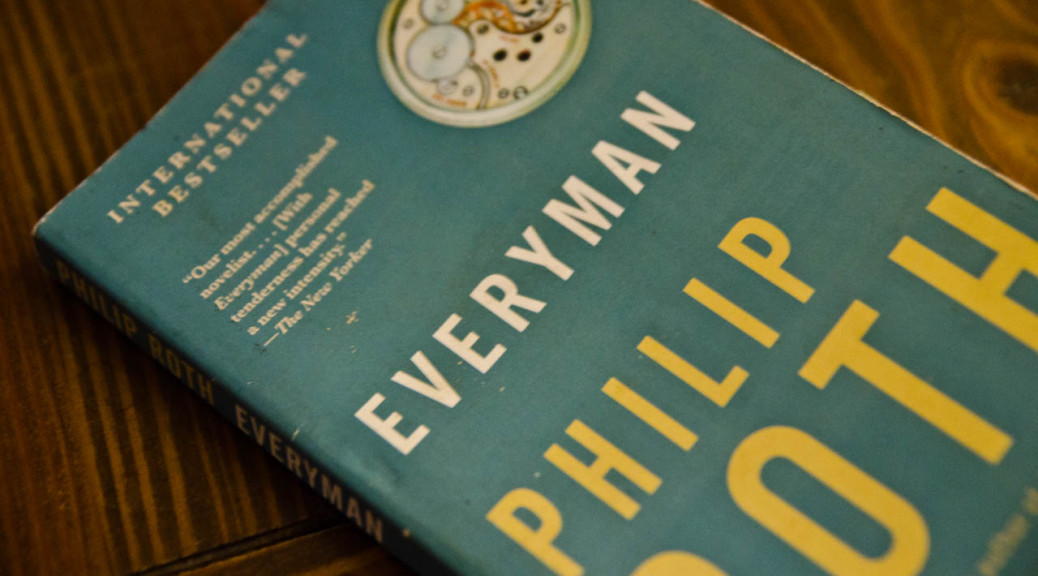
Everyman
Roth, Philip. Everyman. New York: Vintage International, 2006.
“Most days the water was clear and he didn’t worry that a drowned man would collide with his bare legs as he stepped out into the low surf. But when oil from torpedoed tankers clotted the sand and caked the bottom of his feet as he crossed the beach, he was terrified of stumbling upon a corpse. Or stumbling upon a saboteur, coming ashore to work for Hitler.” p. 25-26
“His father had read that the waters of New Jersey were “the worst ship graveyard” along the entire U.S. coastline,” p. 26
“The profusion of stars told him unambiguously that he was doomed to die, and the thunder of the sea only yards away–and the nightmare of the blackest blackness beneath the frenzy of the water–made him want to run from the menace of oblivion to their cozy, lighted, underfurnished house.” p. 30
“And convinced of his right, as an average human being, to be pardoned ultimately for whatever deprivations he may have inflicted upon his innocent children in order not to live deranged half the time.” p. 32
“Her father owned an avocado farm in Jamaica, and her mother kept a dream book in whose pages, each morning, she recorded her children’s dreams.” p. 47
“one small brick mausoleum, whose filigreed steel door and original two windows–which, at the time of the interment of its occupants, would have been colored with stained glass–had been sealed with concrete blocks to protect against further vandalism, so that now the little square building looked more like an abandoned tool-shed or an outdoor toilet no longer in operation that an eternal dwelling place in keeping with the renown, wealth, or status of those who’d constructed it to house their family dead.” p. 53
“There the dead man would remain for even more hours than he’d spent selling jewelry, and that was in itself no number to sneer at.” p. 55
“His father was going to lie not only in the coffin but under the weight of that dirt, and all at once he saw his father’s mouth as if there were no coffin, as if the dirt they were throwing into the frave was being deposited straight down on him, filling up his mouth, blinding his eyes, clogging his nostrils, and closing off his ears.” p. 59-60
“couldn’t stop the tears from running down her face: she wanted her father to be the way he was when she was ten and eleven and twelve and thirteen, without impediment or incapacity–and so did he.” p. 76
“He was amazed when he looked around himself and saw how bitterly disappointed parents could be–as he was with his own two sons, who continued to act as if what had happened to them never happened before or since to anyone else” p. 76
“All but two were older than he, and though they assembled each week in a mood of comradely good cheer, the conversation invariably turned to matters of sickness and health, their personal biographies having by this time become identical with their medical biographies and the swapping of medical date crowding out nearly everything else.” p. 80
“His third marriage had been founded on boundless desire for a woman he had no business with but desire that never lost its power to blind him and lead him, at fifty, to play a young man’s game.” p. 96
“Into their forties they remained with their father the children that they’d been back when he’d first left their mother, children who by their nature could not understand that there might be more than one explanation to human behavior” p. 97
“They elected to make the absent father suffer, and so he did, investing them with that power. Suffering his wrongdoing was all he could ever do to please them, to pay his bill, to indulge like the best of dads their maddening opposition.” p. 97
“He hated him because, though they were offspring of the same two parents and looked so very much alike, Howie had inherited the physical impregnability and he the coronary and vascular weaknesses. It was ridiculous to hate him, because there was nothing Howie could do about his good health other than to enjoy it.” p. 99
“But now he hated him and he envied him and he was poisonously jealous of him and, in his thoughts, all but rose up in rage against him because the force that Howie brought to bear on life had in no way been impeded.” p. 100
“and the cost was about as much as the entire inventory of the Elizabeth store, if not more, back when he was running one-hundred-dollar engagement rings of a quarter or a half carat to be sized for his father’s customers by a man working on a bench in a cubbyhole on Frelinghuysen Avenue circa 1942.” p. 116-117
“But lying–lying is cheap, contemptible control over the other person. It’s watching the other person acting on incomplete information–in other words, humiliating herself.” p. 121
“”The man loses the passion for the marriage and he cannot live without. The wife is pragmatic. The wife is realistic. Yes, passion is gone, she’s older and not what she was, but to her it’s enough to have the physical affection, just being there with him in the bed, she holding him, he holding her.” p. 122
“Altogether he was a little late in learning that all her boldness was encompassed in her eroticism and that her carrying everything erotic between them to the limit was their only overpowering affinity. He had replaced the most helpful wife imaginable with a wife who went to pieces under the slightest pressure. But in the immediate aftermath, marrying her had seemed the simplest way to cover up the crime.” p. 124
“My God, he thought, the man I once was! The life that surrounded me! The force that was mine! No “otherness” to be felt anywhere! Once upon a time I was a full human being.” p. 130
“Nancy, the twins, and himself–it had been a ridiculous idea to begin with, and unfair as well, an abdication of the pledge he’d made to himself after having moved to the shore, which was to insulate his all too responsive daughter from the fears and vulnerabilities of an aging man.” p. 138
“Her beauty, frail to begin with, was smashed and broken, and tall as she was, under the hospital sheets she looked shrunken and already on the way to decomposing.” p. 139
“Old age isn’t a battle; old age is a massacre.” p. 156
“He saw himself racing in every direction at once through downtown Elizabeth’s main intersection–the unsuccessful father, the envious brother, the duplicitous husband, the helpless son” p. 164-165
“At his father’s burial he had been informed by the rabbi that, if he was on his own, it would be wisest to visit his mother and father during the High Holy Day period, when the local police department, as the request of a committee of cemetery chairmen, had agreed to provide protection for the observant who turned out to recite the appropriate psalms and remember their dead.” p. 167
“But he was thinking in terms of days. He was musing like a marked man.” p. 168
“It’s because life’s most disturbing intensity is death.” p. 169
“Daylight, he thought, penetrating everywhere, day after summer day of that daylight blazing off a living sea, an optical treasure so vast and valuable that he could have been peering through the jeweler’s loupe engraved with his father’s initials at the perfect, priceless planet itself–at his home, the billion-, the trillion-, the quadrillion carat planet Earth!” p. 182
Protected: The 7 Habits of Highly Effective People | 4

Eat Pray Love
Gilbert, Elizabeth. Eat, Pray, Love: One Woman’s Search for Everything Across Italy, India and Indonesia. New York, N.Y.; Penguin, 2007. Print. (First ed. 2006)
“When the Crusaders drove East for the holy wars, they witnessed worshipers praying with these japa malas, admired the technique, and brought the idea home to Europe as rosary.” p. 1
“the number 108 is held to be most auspicious, a perfect three-digit multiple of three, its components adding up to nine, which is three threes.” p. 1-2
“This division means that there are 36 tales in each section, which appeals to me on a personal level because I am writing all this during my thirty-sixth year.” p. 2
Om Namah Shivaya
“It wasn’t so much that I wanted to thoroughly explore the countries themselves; this has been done. It was more that I wanted to thoroughly explore one aspect of myself set against the backdrop of each country,” p. 37
“Therefore, what we today call French is really a version of medieval Parisian. Portuguese is really Lisboan. Spanish is essentially Madrileño. These were capitalist victories; the strongest city ultimately determined the language of the whole country.” p. 57
“What this congress decided would henceforth be considered proper Italian was the personal language of the great Florentine poet Dante Alighieri. When Dante published his Divine Comedy back in 1321, detailing a visionary progression through Hell, Purgatory and Heaven, he’d shocked the literate world by not writing in Latin.” p. 58-59
“He wrote his masterpiece in what he called il dolce stil nuovo, the “sweet new style” of the vernacular, and he shaped that vernacular even as he was writing it, affecting it as personally as Shakespeare would someday affect Elizabethan English.” p. 59
terza rima
“Dante writes that God is not merely a blinding vision of glorious light, but that He is, most of all, l’amor che move il sole e l’altre stelle… ” p, 60
il bel far niente “the beauty of doing nothing” p. 80
“For me, though, a major obstacle in my pursuit of pleasure was my ingrained sense of Puritan guilt. Do I really deserve this pleasure? This is very American, too–the insecurity about whether we have earned our happiness.”p. 81
“Dai, dai, dai, Albertini, dai … va bene, va bene, ragazzo mio, perfetto, bravo, bravo… Dai! Dai! Via! Via! Nella porta! Eccola, eccola, eccola, mio bravo ragazzo, caro mio, eccola, eccola, ecco–AAAHHHHHHHHH!!! VAFFANCULO!! FIGLIO DI MIGNOTTA!! STRONZO! CAFONE! TRADITORE! Madonna… Ah, Dio mio, perché, perché, perché, questo e stupido, e una vergogna, la vergogna… Che casino, che bordello… NON HAI UN CUORE, ALBERTINI! FAI FINTA! Guarda, non e successo niente.. Dai, dai, ah… Molto migliore, si si si, eccola, bello, bravo, anima mia, ah ottimo, eccola adesso … nella porta, nella porta, nell–VAFFANCULO!!!!!!!” p. 90-91
Augusteum
“The Augusteum warns me not to get attached to any obsolete ideas about who I am, what I represent, whom I belong to, or what function I may once have intended to serve… Even in the Eternal City, says the silent Augusteum, one must always be prepared for riotous and endless waves of transformation.” p. 100
magari (maybe, if only, I wish)
History of the Decline and Fall of the Roman Empire by Edward Gibbon
“Parla come magni.” p. 115
“Virginia Woolf wrote, “Across the broad continent of a woman’s life falls the shadow of a sword.” On one side of that sword, she said, there lies convention and tradition and order, where “all is correct.” But on the other side of that sword, if you’re crazy enough to cross it and choose a life that does not follow convention, “all is confusion. Nothing follows a regular course.”” p. 126
The Bhagavad Gita–that ancient Indian Yogic text–says that it is better to live your own destiny imperfectly than to live an imitation of somebody else’s life with perfection.” p. 127
“I drop out of my Italian-language school, having come to feel that it was interfering with my efforts to learn Italian, since it was keeping me stuck in the classroom instead of wandering around Italy, where I could practice with people in person.” p. 128
codega “a fellow you hired to walk in front of you at night with a lit lantern, showing you the way, scaring off thieves and demons, bringing you confidence and protection through the dark streets.” p. 135
“Or maybe I only want to go to Sicily because of what Goethe said: “Without seeing Sicily one cannot get a clear idea of what Italy is.”” p. 148
“Historians say that rhetoric was invented in Syracuse, and also (and this is just a minor thing) plot.” p. 150
The Italians (1964) by Luigi Barzini
“In a world of disorder and disaster and fraud, sometimes only beauty can be trusted. Only artistic excellence is incorruptible.” p. 152
“You were given life; it is your duty (and also your entitlement as a human being) to find something beautiful within life, no matter how slight.” p. 154
arati prayer
“Greek stoic philosopher Epictetus: “You bear God within you, poor wretched, and you know it not.”” p. 161
To Read: Epictetus
“”Our whole business therefore in this life,” wrote Saint Augustine, rather Yogically, “is to restore to health the eye of the heart whereby God may be seen.”” p. 162
To Read: Saint Augustine
“the monk quoted to me from the Bhagavad Gita, the most sacred ancient text of Yoga: “Oh Khrisna, the mind is restless, turbulent, strong and unyielding. I consider it as difficult to subdue as the wind.”” p. 174
Ham-sa mantra
Saint Teresa of Avila
“The most difficult challenge, the saint wrote in her memoirs, was to not stir up the intellect during meditation, for any thoughts of the mind–even the most fervent prayers–will extinguish the fire of God.” p. 190
kundalini shakti
“You gotta stop wearing your wishbone where your backbone oughtta be.” p. 199
guru gita
“Zen masters always say that you cannot see your reflection in running water, only in still water.” p. 226
Vipassana meditation
“”The world is afflicted with death and decay, therefore the wise do not grieve, knowing the terms of the world,” says an old Buddhist teaching.” p. 229
“Half the benefit of prayer is in the asking itself, in the offering of a clearly posed and well-considered intention.” p. 235
“Because if you can’t learn to master your thinking, you’re in deep trouble forever.” p. 236
“”Guilt’s just your ego’s way of tricking you into thinking that you’re making moral progress.”” p. 244
(Instructions for Freedom) “3. The day is ending. It’s time for something that was beautiful to turn into something else that is beautiful. Now, let go.” p. 245
“7. Let your intentions be freedom from useless suffering. Then, let go.” p. 246
“the rules of transcendence insist that you will not advance even one inch closer to divinity as long as you cling to even one last seductive thread of blame.” p. 247
“To know God, you need only to renounce one thing–your sense of division from God.” p. 255
Sextus “”The wise man is always similar to himself.” p. 256
Sentences of Sextus
turiya state (pure consciousness)
“We search for happiness everywhere, but we are like Tolstoy’s fabled beggar who spent his life sitting on a pot of gold, begging for pennies from every passerby, unaware that his fortune was right under him the whole time. Your treasure–your perfection–is within you already. But claim it,” p. 262
“”All know that the drop merges into the coean, but few know that the ocean merges into the drop,” wrote the sage Kabir” p. 265
To Read: Kabir
“”Imagine that the universe is a great spinning engine,” he said. “You want to stay near the core of the thing–right in the hub of the wheel–not out at the edges where all the wild whirling takes place,” p. 275
“In the dead of night the dogs howl about how misunderstood they are.” p. 312
“The word paradise, by the way, which comes to us from the Persian, means literally “a walled garden.”” p. 313
“The next piece of land was rejected because it was too close to a river, which, as everyone knows, is where ghosts live.” p. 411
“We get seduced by our own mantras (I’m a failure… I’m lonely…I’m a failure… I’m lonely…) and we become monuments to them.” p. 433
“Saint Anthony once wrote about having gone into the desert on silent retreat and being assaulted by all manner of visions–devils and angels, both… you can only tell which is which by the way you feel after the creature has left your company.” p. 435
To Read: Saint Anthony
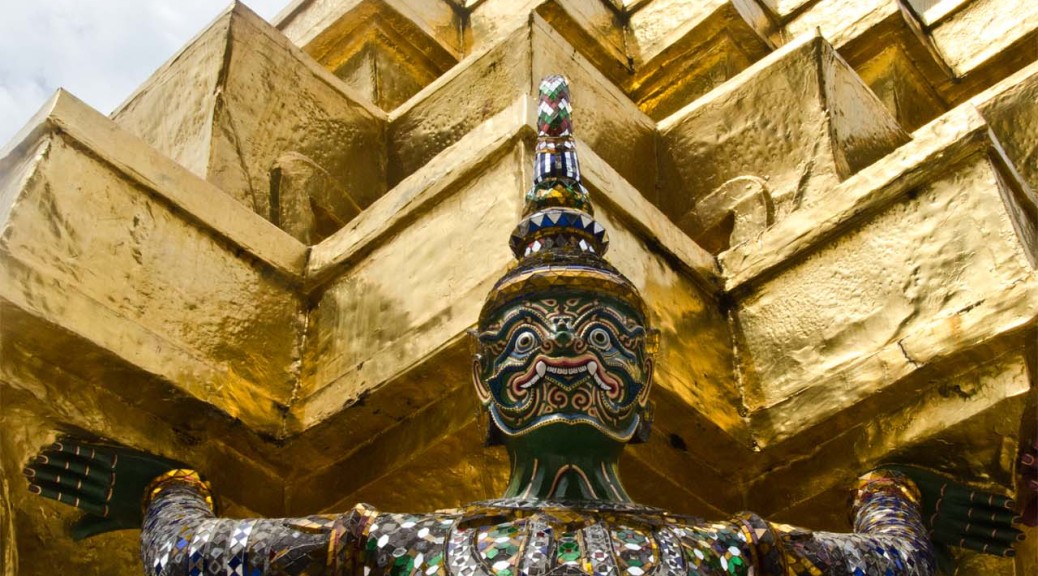
Wat Phra Kaew

Gupo Fortress | 구포왜성 | 亀浦倭城 (Part I)
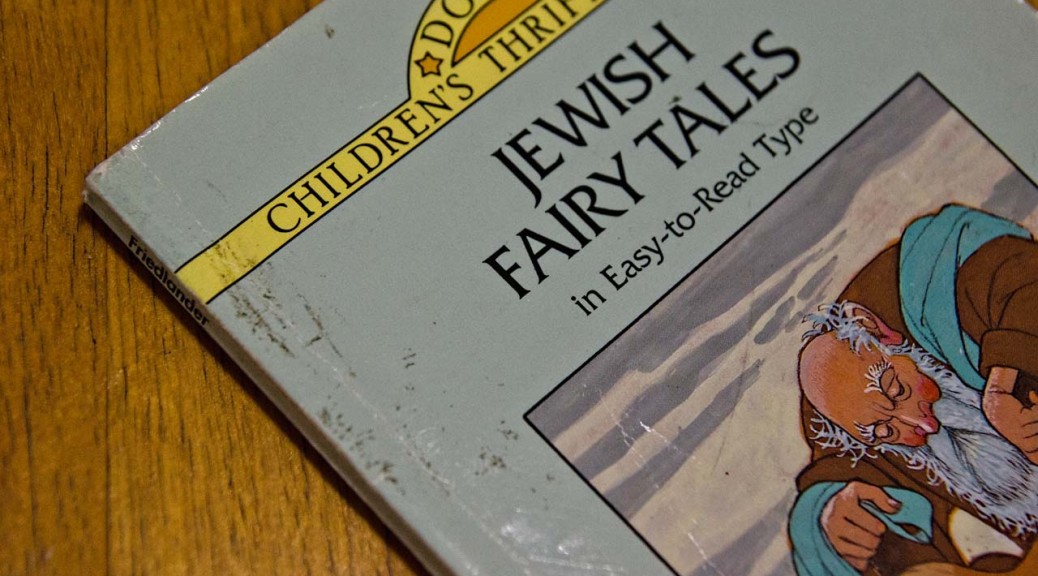
Jewish Fairy Tales
Friedlander, Gerald. Jewish Fairy Tales. Mineola, NY: Dover, 1997. Print.
Chanina and the Angels

Priest, High Priest, and Levite, illustration from the 1890 Holman Bible. Via Wikimedia.
The Demon’s Marriage
The Magic Leaf
‘Visitor: “I brought the dead fox back to life. I am a holy man and I can revive the dead.”
‘Farmer: “You are a foolish chatterbox. If what you say be true, take my advice and do not meddle with the mysteries of life and death. God alone will quicken the dead. Now, farewell.”‘ p. 25
“the holy man went on his way, thinking that God had given him such a wonderful treasure because he had lived such a holy life.” p. 25, 27.
“The next instant, as the holy man began to regret his extreme folly in restoring the dead lion to life, the latter sprang upon him and devoured him. The lion also ate the magic leaf.” p. 27
The Princess and the Beggar
“Behold,” he cried, “with this ring do I betroth thee unto me and marry thee according to the Law of Moses and Israel, God and His angels Michael and Gabriel being our witnesses.” p. 34
The Castle in the Air

Henry Justice Ford – How Ahikar Outwitted the King of Egypt. Via Wikimedia.
“He then called together all the old and learned men, including the stargazers and magicians.” p. 38.
“Achikar let the eagles out of their cages. He tied the lads on their backs and also tied the ropes to the feet of the eagles and let them go up in the air. They soared upwards, till they remained between heaven and earth. Then the boys began to shout, saying: “Bring bricks, bring clay, that we may buid the King’s castle in the air.” p. 44
“Thou art indeed mad, Achikar. Who can bring up sand, bricks and clay to thy builders up there between heave and earth?” said the King in a temper.
“How then, my lord King! Shall we build a castle in the air? I have prepared all the plans and yonder in the air are the special builders. All they need is the material.” p. 45
“Give him my greetings and tell him I shall never again ask forsuch an impossible thing as a castle in the air. We must learn to be satisfied with such things as are possible and right. Farewell, wise Achikar.” p. 45
see Sennacherib
The Snake’s Thanks
“Though art a snake.”
“Exactly. I am therefore quite in order in killing thee and any man. Snakes are made to kill the children of men.” p. 48.
“it is written in God’s Book: ‘I will put hatred between mankind and the serpent.'” p. 49
“Solomon then turned to the old man and said: “The Holy Law has also a command for thee. It tells thee that thou shalt bruise the serpent’s head. Do now according the word of thy God.” p. 53.
The Goblin and the Princess
David and the Insects
“Despise naught in the world. I love all things that are the work of My Hand. I hate none of the things which I have made. I spare all things because they are Mine. To everything there is a time and place. All My creatures praise Me.” p. 65
“later, when Saul and his followers came along, the latter saw the spider’s web. They pointed it out to the King, who said: “Truly no man has entered this cave, for had he done so he would have rent the web. Let us not waste out precious time here, but rather let us hurry along the road where we may overtake our enemy.” p. 66-67
“O lord King! It is even as I have spoken. I am persecuted by King Saul. He seeks my life and I am safer here than in the Holy Land.”
“Why does Saul persecute thee?”
“Because I slew Goliath.” p. 67
“David now saw that he was in a very dangerous position… All of a sudden the idea flashed through his mind that he might escape death if he pretended to be a madman. They might pity him and spare his life.” p. 68
“Now I know,” cried he, “that even a madman has a useful part to play in this most wonderful world.” p. 68
“David’s followers urged him to kill his enemy, now that he had the chance. This he refused to do. “I will return good for evil,” cried he.” p. 69
“Never again did he have any doubt of God’s wisdom in creating insects, which at first had seemed to him to be useless and even harmful. Never should we despise anything which seemed worthy to be created by the Holy One, blessed be He.” p. 70
Joseph, the Sabbath Lover
“He often would stint himself and forego necessities on weekdays so as to have better garments than his working clothes for the Sabbath and a fine spread of food on his table in order to pay honor to the Sabbath.” p. 71
“A gracious gift it was, leading the children of men to their Father in Heaven. It is a day for man whereby he can rise above material things and see something of the Divine vision.” p. 72
the heathen neighbor “How could any one,” said he, “waste a valuable day by abstaining from work? No wonder you are poor…I am not only prosperous but I am also happy, for my motto is ‘Live to-day and let to-morrow take care of itself.’… You slave all the week for the sake of your Sabbath Day… I certainly despise the poor, for it is generally their own fault if they do not get on in life.” p. 72
Joseph “You seem to think that the only pleasure in life is hoarding money. I differ and believe the best pleasures can be obtained when we spend money in a wise and good way. Perhaps you will always be rich and perhaps I shall always be poor, but if the question were asked: ‘Who is the happier of the two?’ I doubt whether you would be the one. Good-day, my friend! I must attend Synagogue for Sabbath prayer.” p. 73
“The gods are very fickle in dealing with wealth. The poor man of to-day may be the rich man of the morrow.” p. 73
“Man proposes and but God disposes.” p. 74
He came to the fish-market and saw a very large turbot on the dealer’s counter. Its price was very high and there was no one who would buy it. As soon as Joseph saw it he gave the full price without any discussion.” p. 74
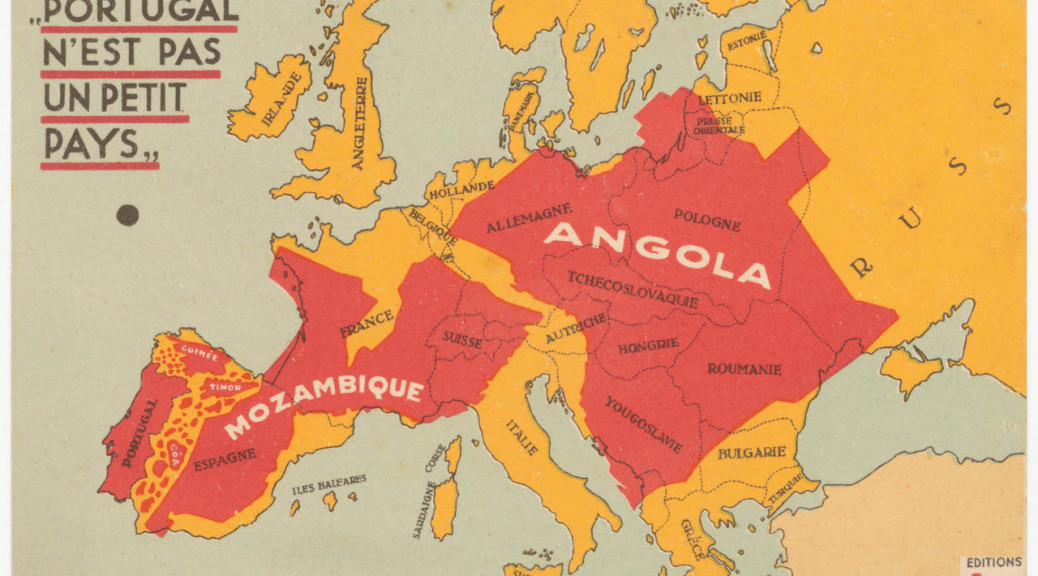
Persuasive Cartography
Persuasive Cartography | The PJ Mode Collection at Cornell University.
World in a Cloverleaf (1581) Bünting, Heinrich, 1545-1606
The Attack of Love (1730) Seutter, Matthaeus, 1678-1756
Portugal is Not A Small Country (1934) Galvão, Henrique, 1895-1970
B.C. 2348. The Deluge (1836) Hall, Sidney
Cross Section of Hell (1855) Caetani, Michelangelo
Overview of the Divine Comedy (1855) Caetani, Michelangelo
Genealogical Chronological & Geographical Chart [left] (1887) Skeen, Jacob
Map of the China Seas (1898) Duncan, W. B.
